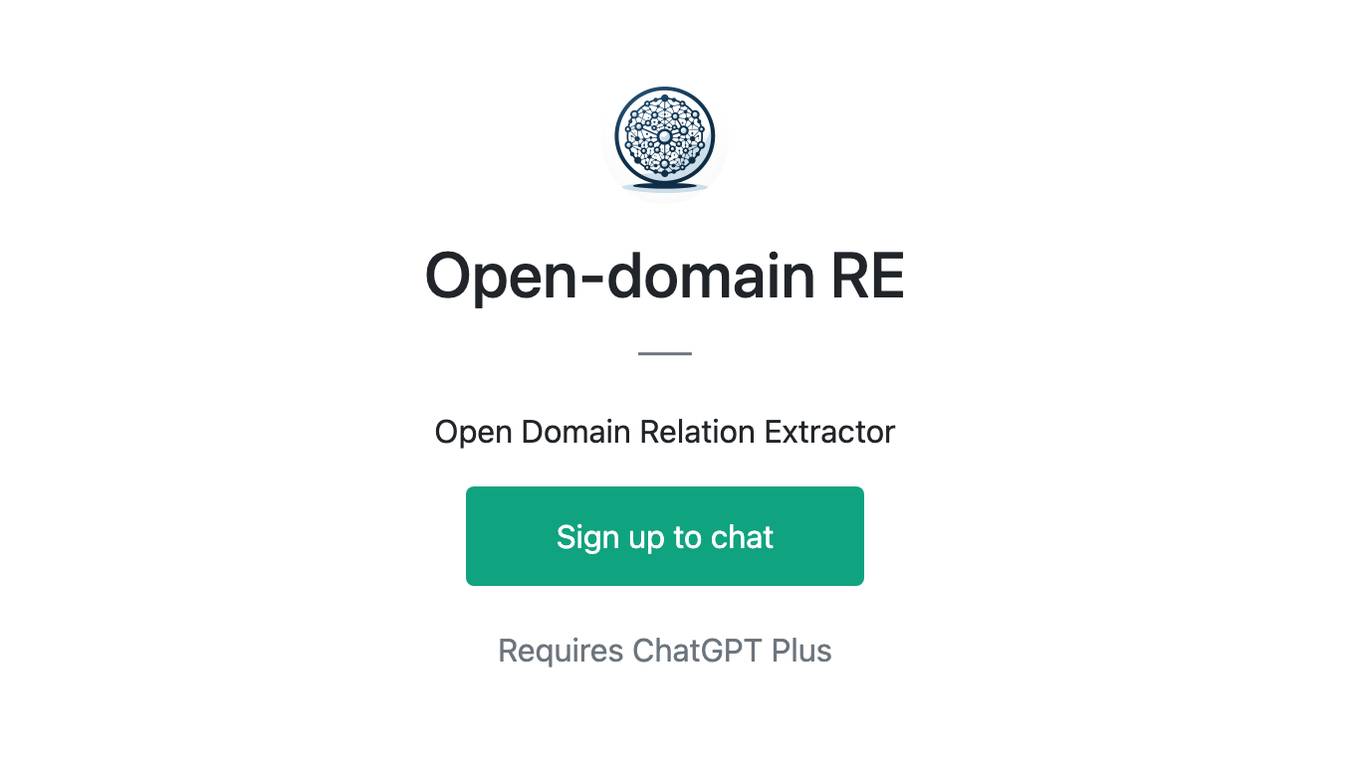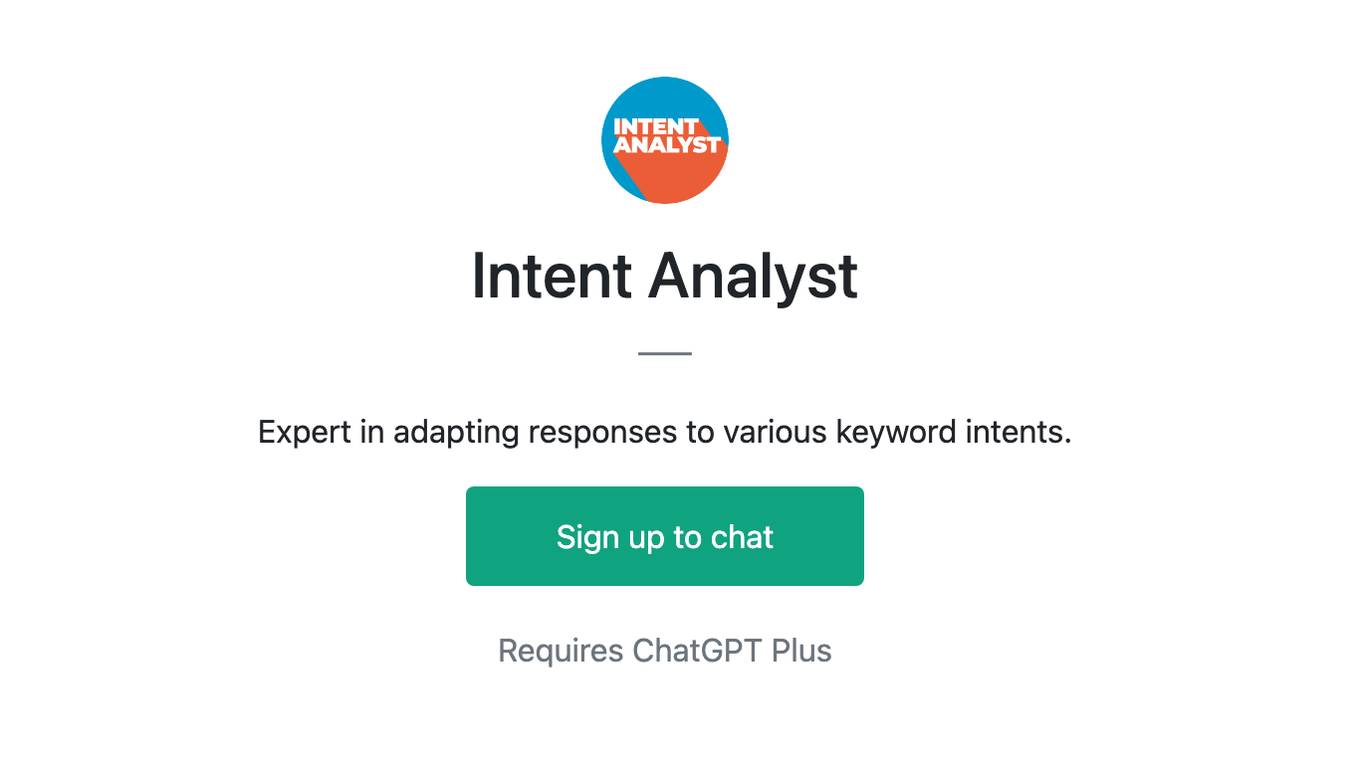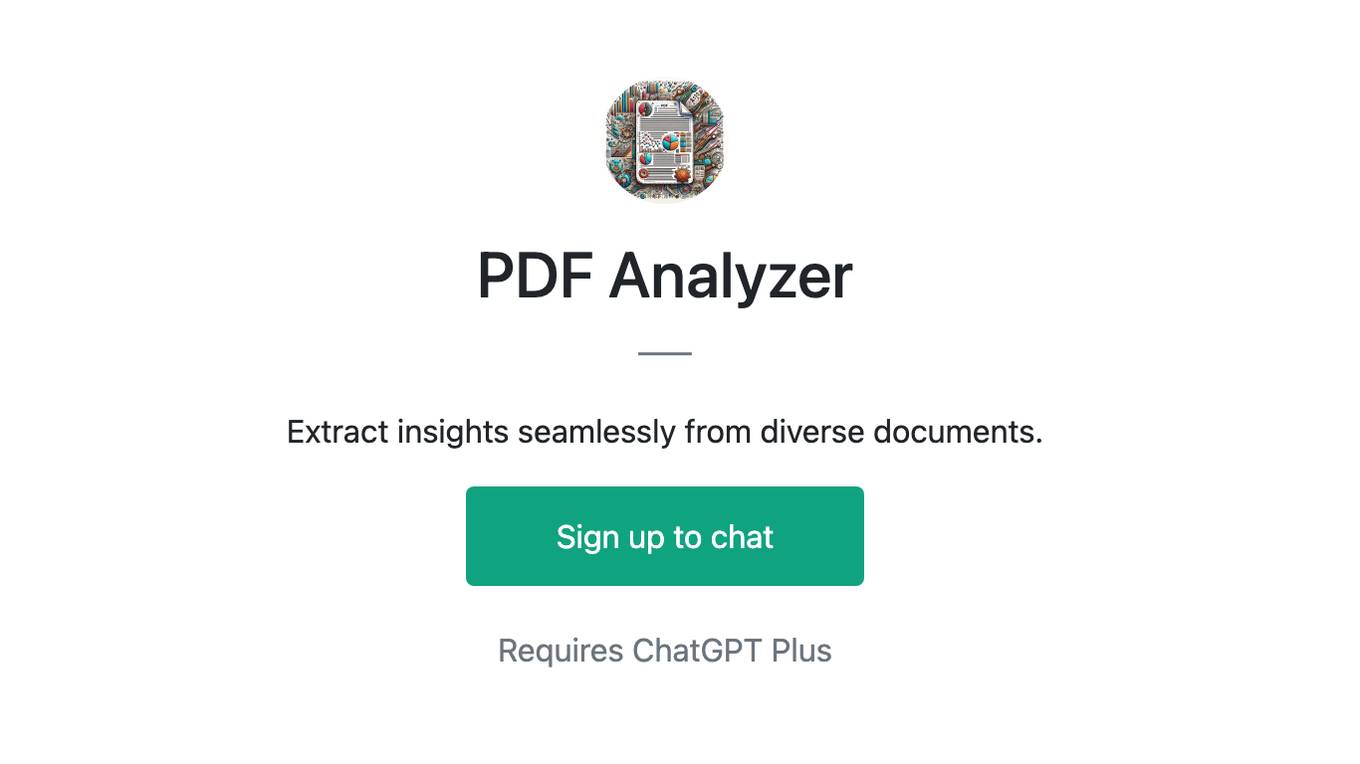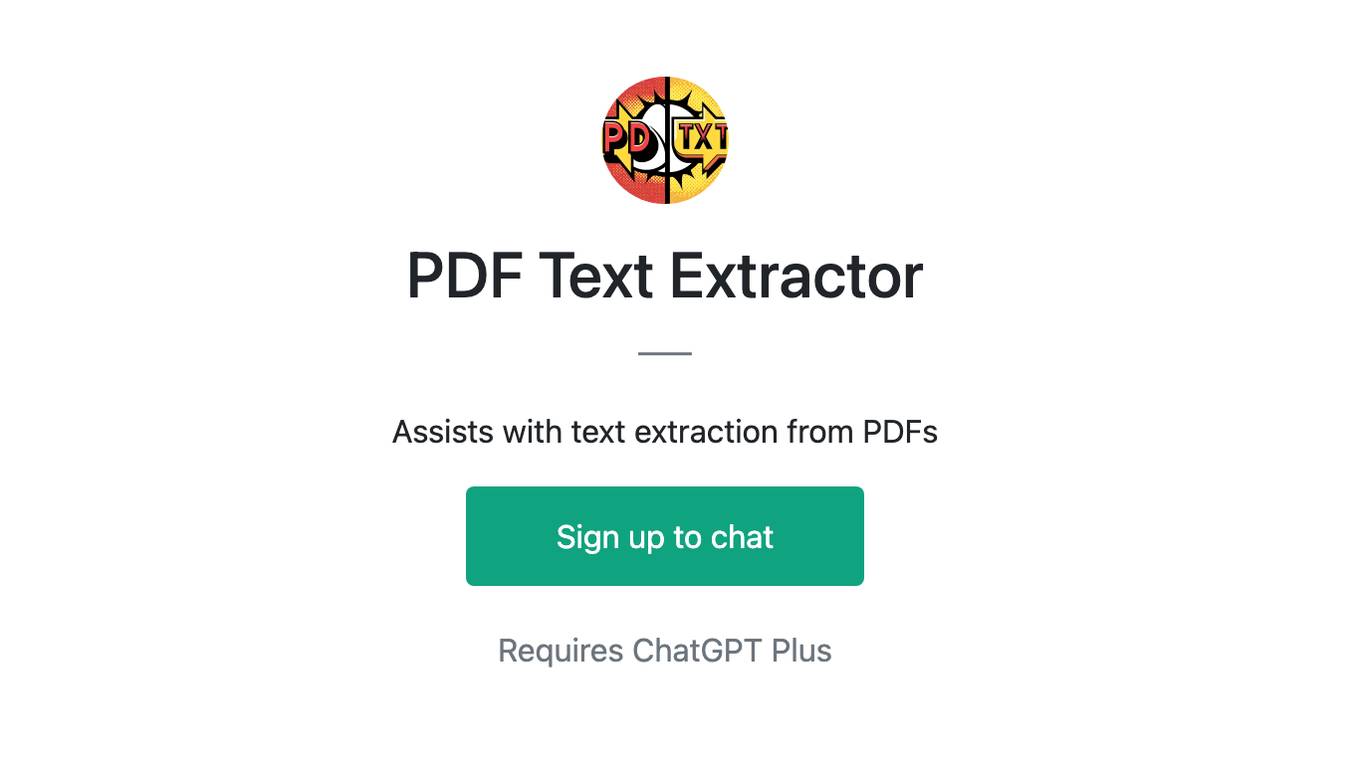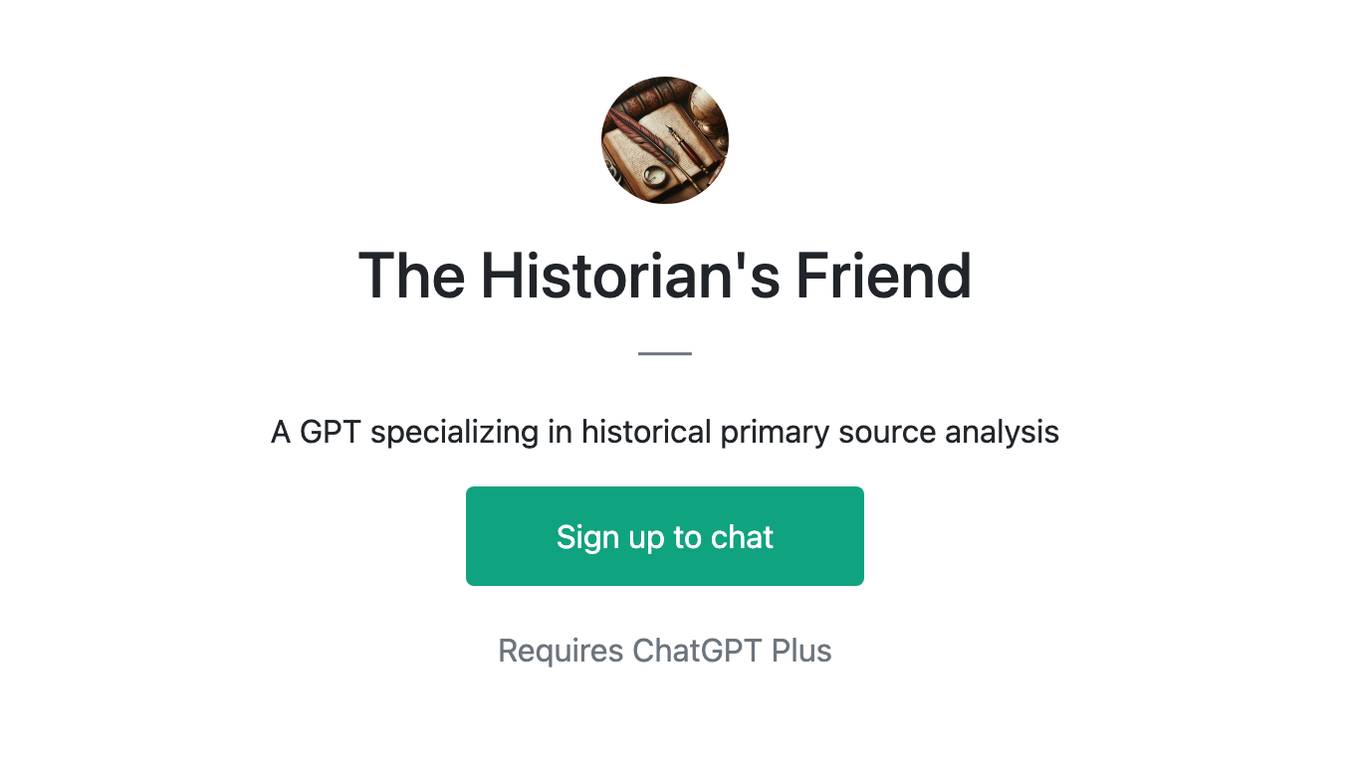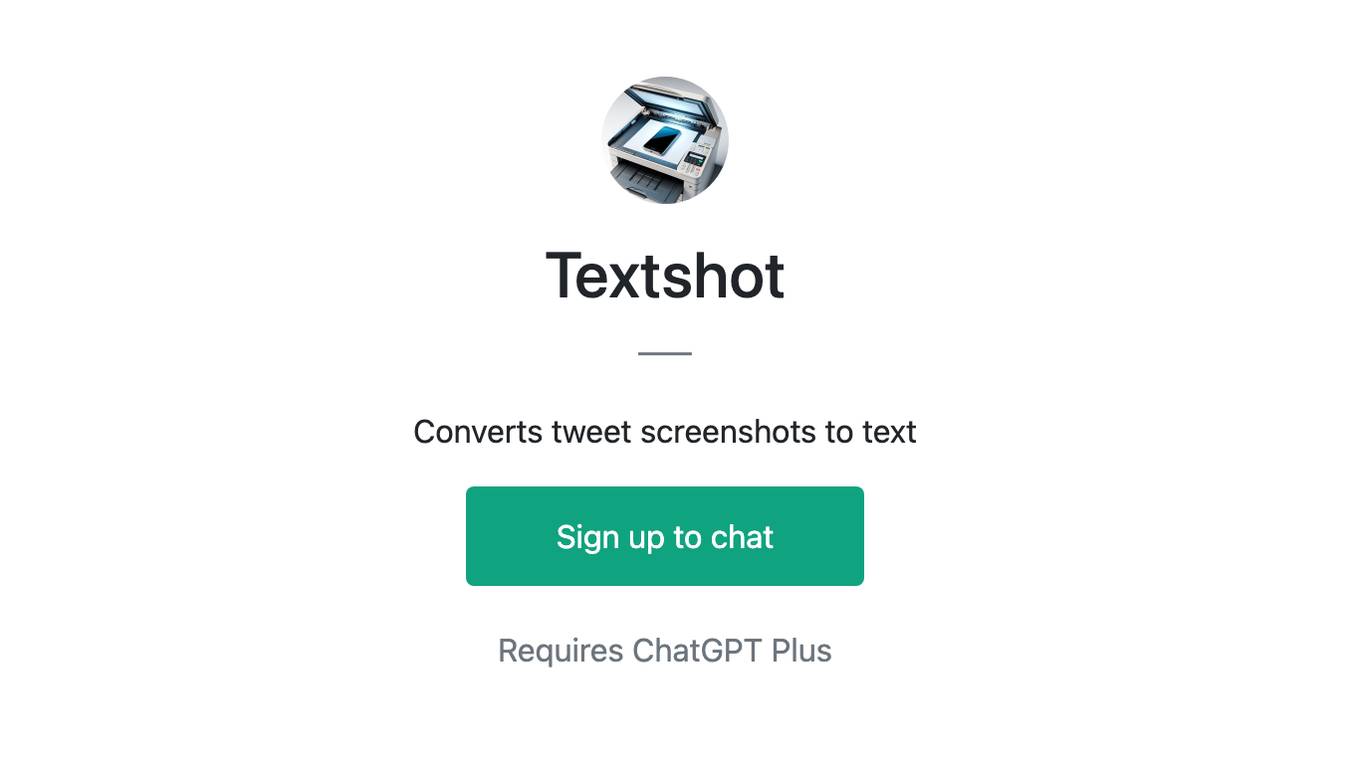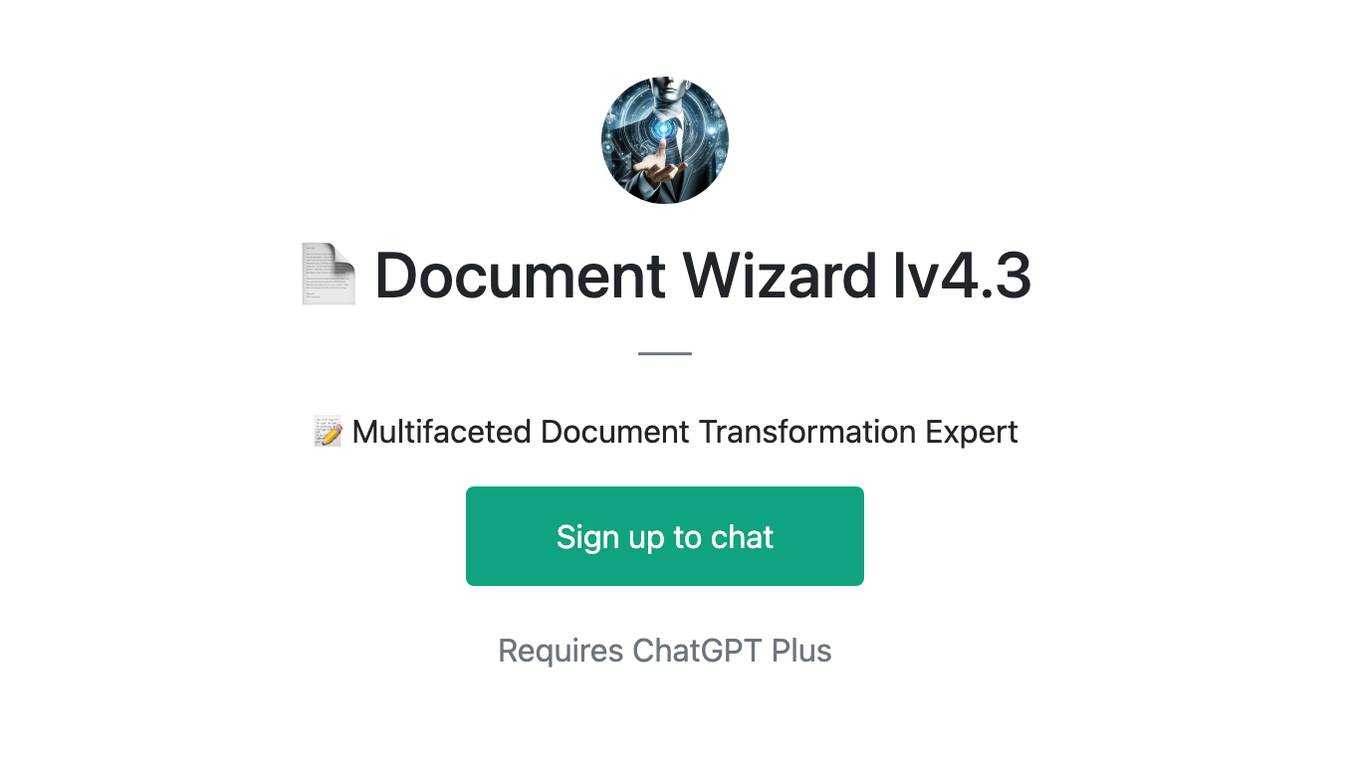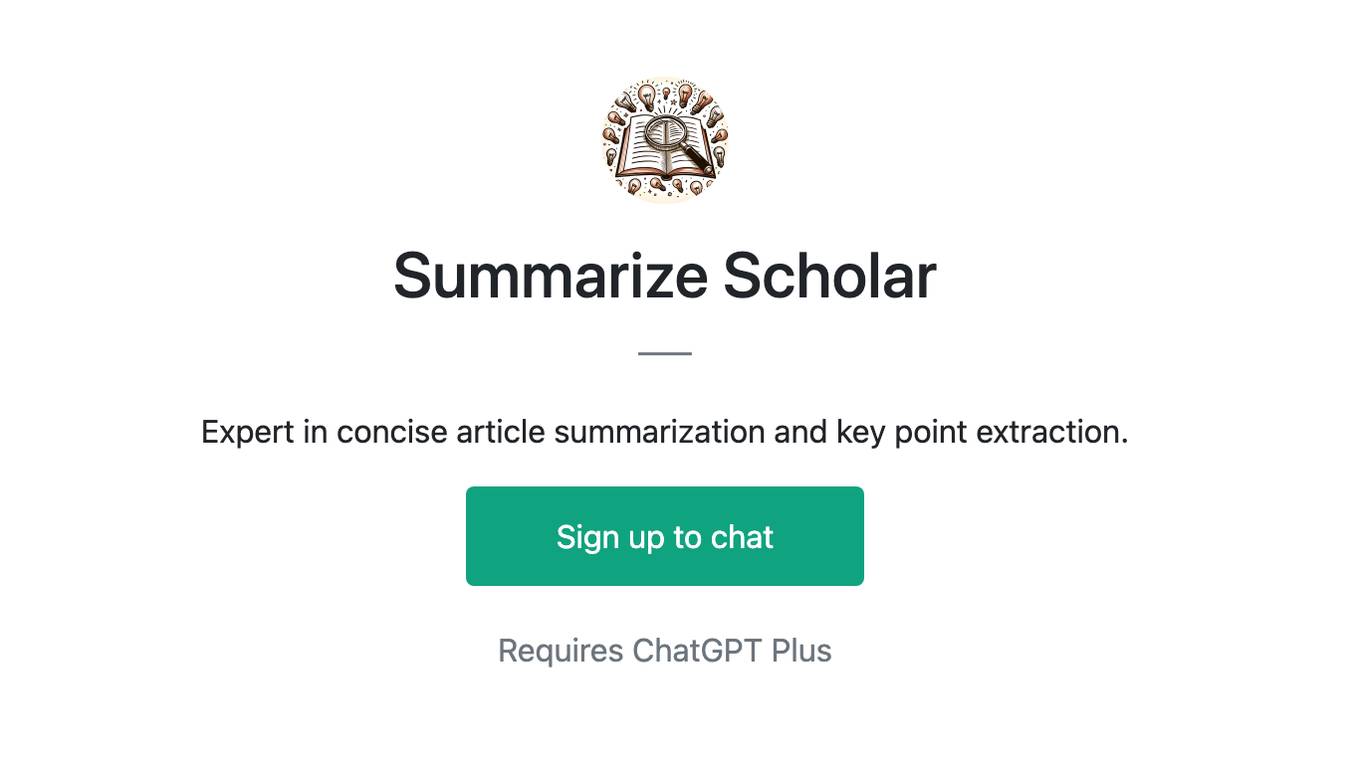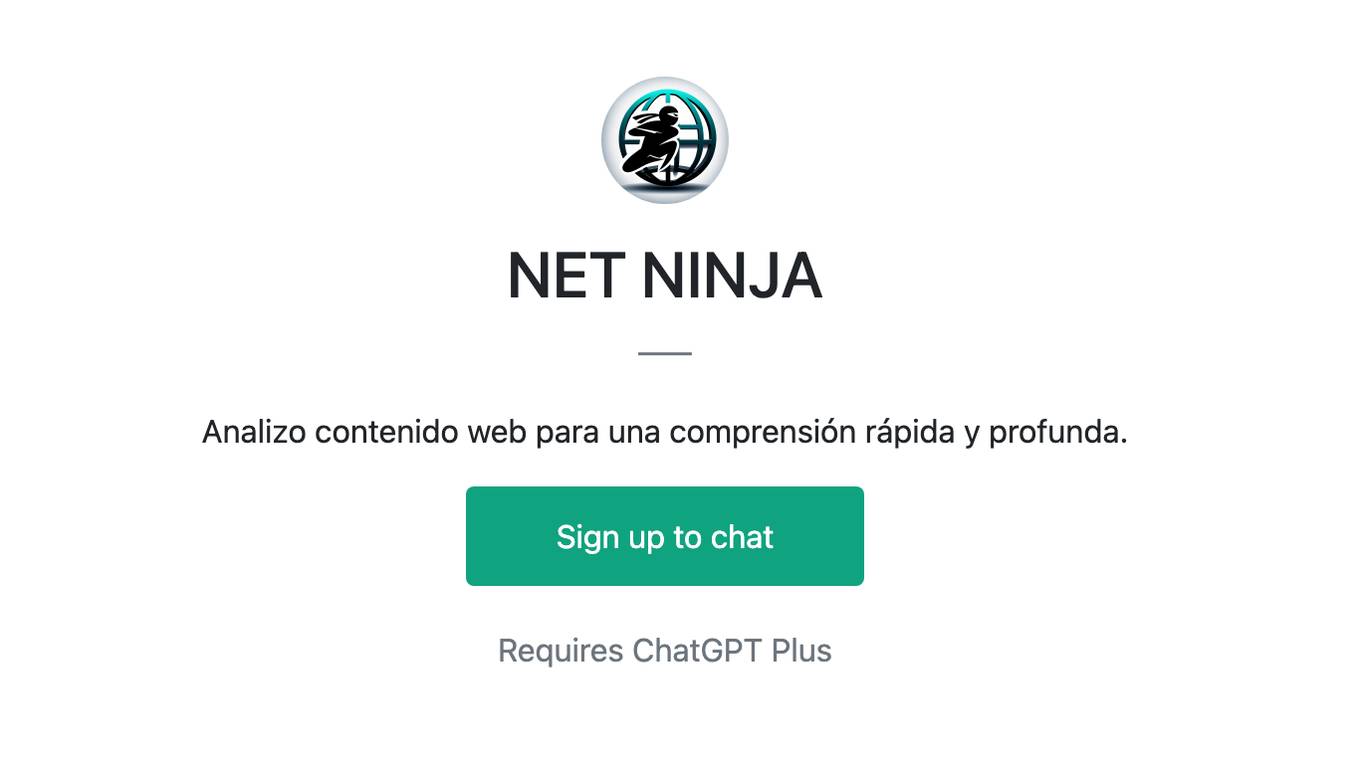Best AI tools for< Extract Natural Language >
20 - AI tool Sites
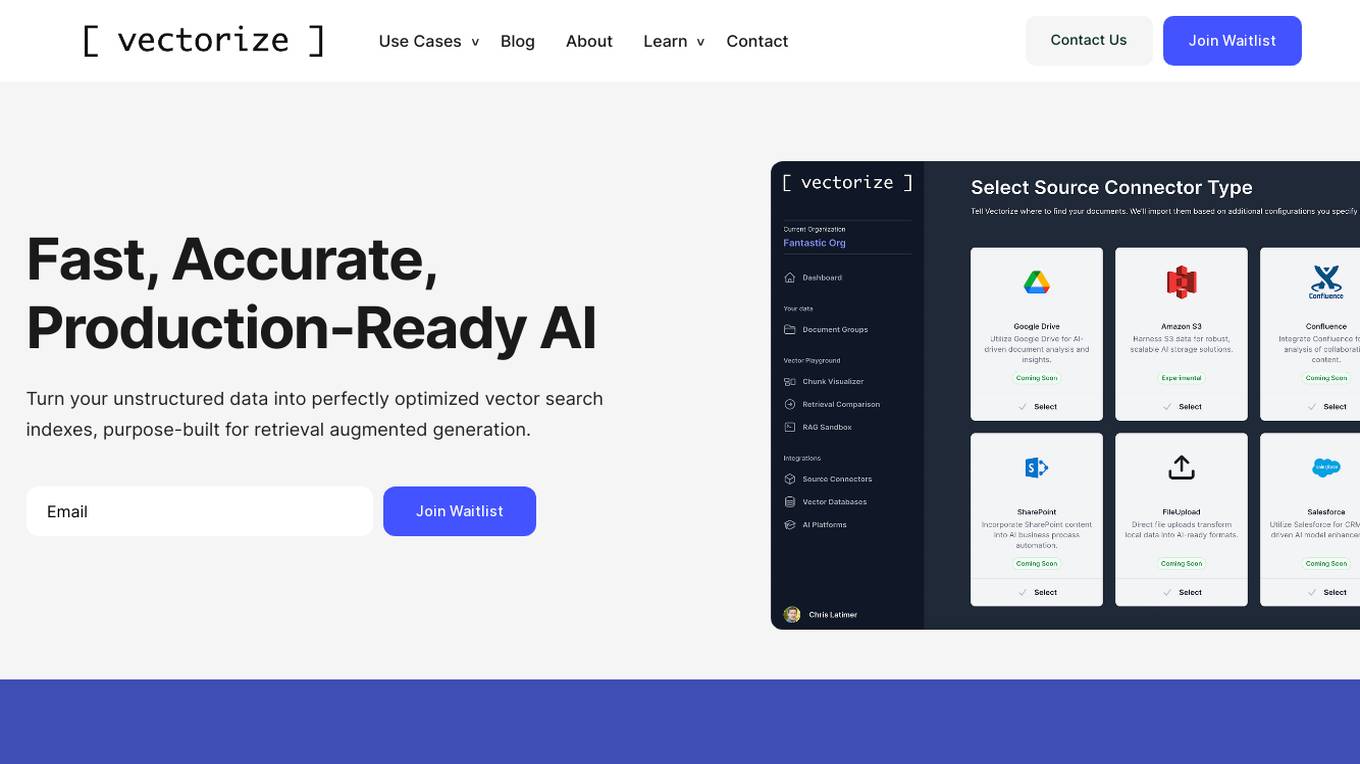
Vectorize
Vectorize is a fast, accurate, and production-ready AI tool that helps users turn unstructured data into optimized vector search indexes. It leverages Large Language Models (LLMs) to create copilots and enhance customer experiences by extracting natural language from various sources. With built-in support for top AI platforms and a variety of embedding models and chunking strategies, Vectorize enables users to deploy real-time vector pipelines for accurate search results. The tool also offers out-of-the-box connectors to popular knowledge repositories and collaboration platforms, making it easy to transform knowledge into AI-generated content.
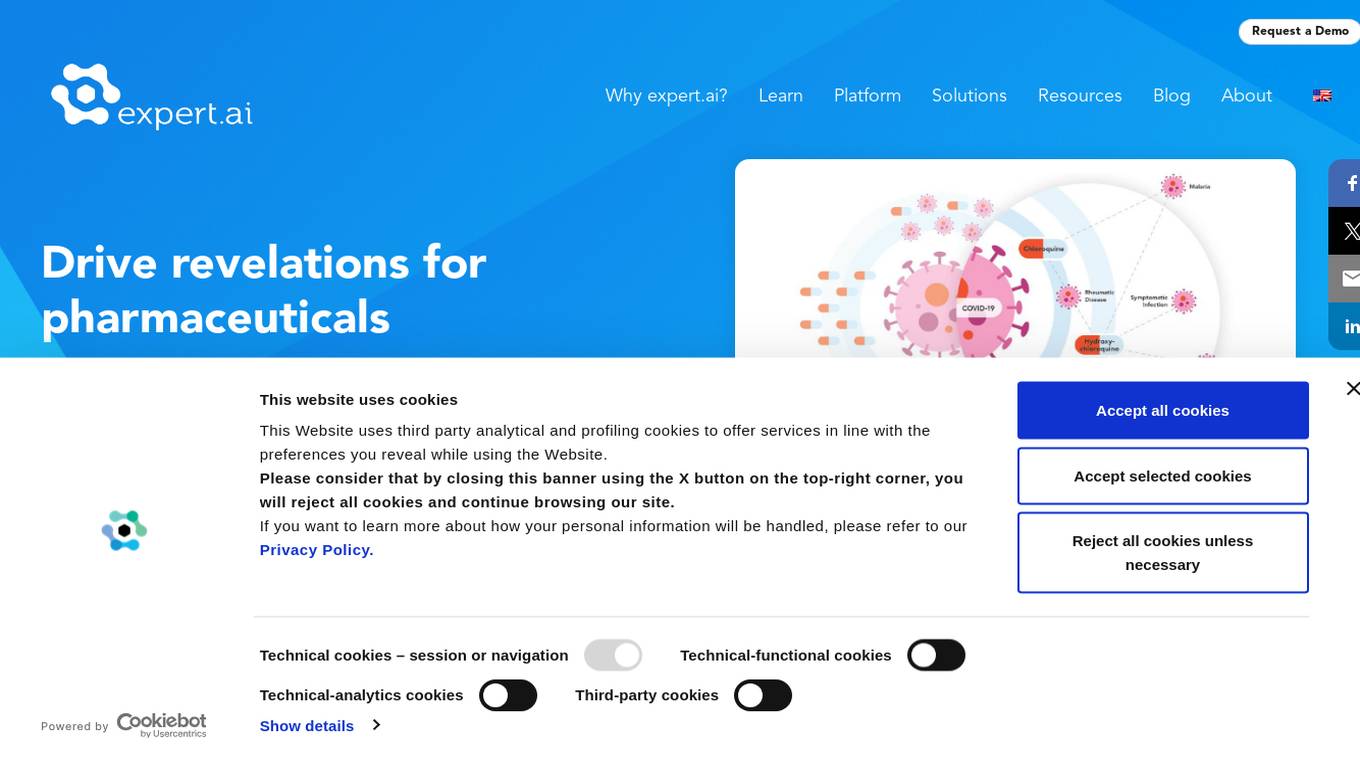
expert.ai
expert.ai is an AI platform that offers natural language technologies and responsible AI integrations across various industries such as insurance, banking, publishing, and more. The platform helps streamline operations, extract critical data, drive revelations, ensure compliance, and analyze complex documents. It provides solutions for insurers, pharmaceuticals, publishers, and financial services companies, leveraging a hybrid AI approach and purpose-built natural language workflow. expert.ai's Green Glass Approach focuses on transparent, sustainable, practical, and human-centered AI solutions.
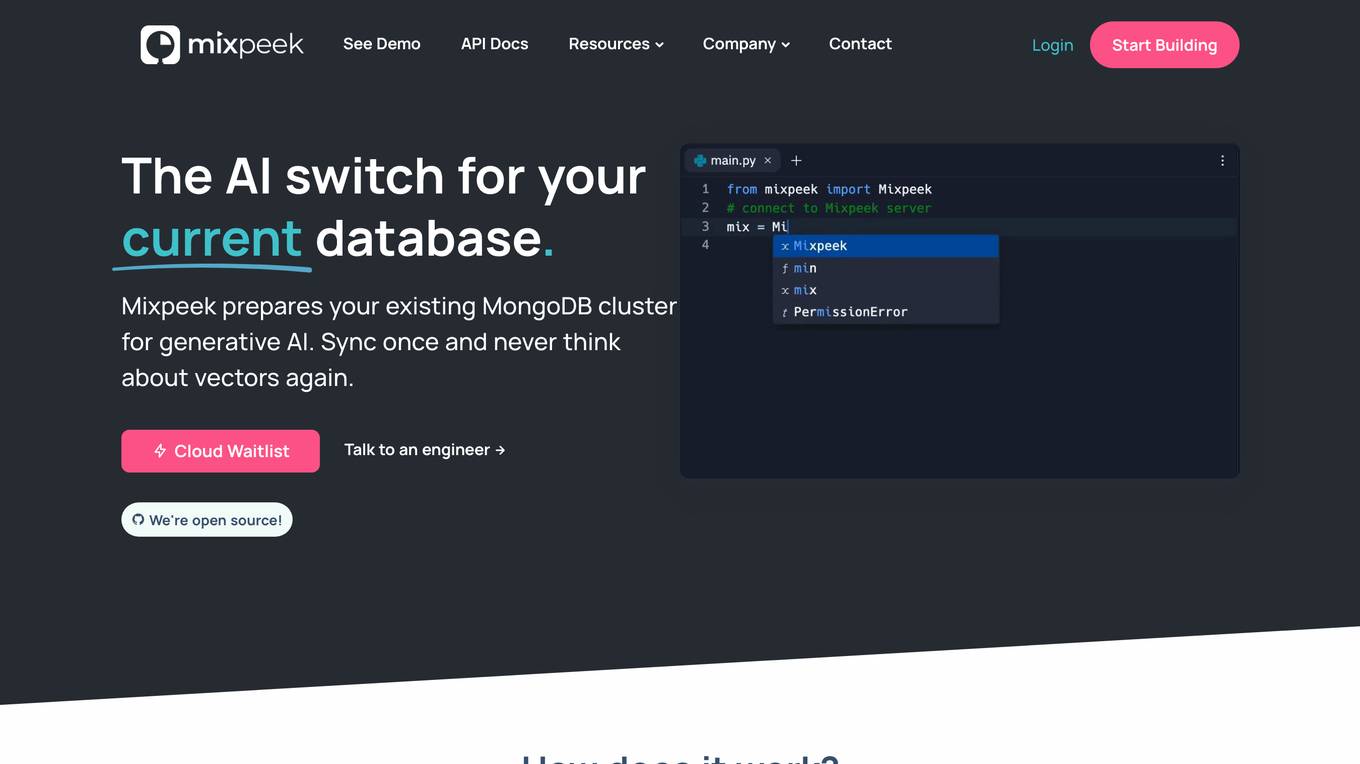
Mixpeek Solutions
Mixpeek Solutions offers a Multimodal Data Warehouse for Developers, providing a Developer-First API for AI-native Content Understanding. The platform allows users to search, monitor, classify, and cluster unstructured data like video, audio, images, and documents. Mixpeek Solutions offers a range of features including Unified Search, Automated Classification, Unsupervised Clustering, Feature Extractors for Every Data Type, and various specialized extraction models for different data types. The platform caters to a wide range of industries and provides seamless model upgrades, cross-model compatibility, A/B testing infrastructure, and simplified model management.
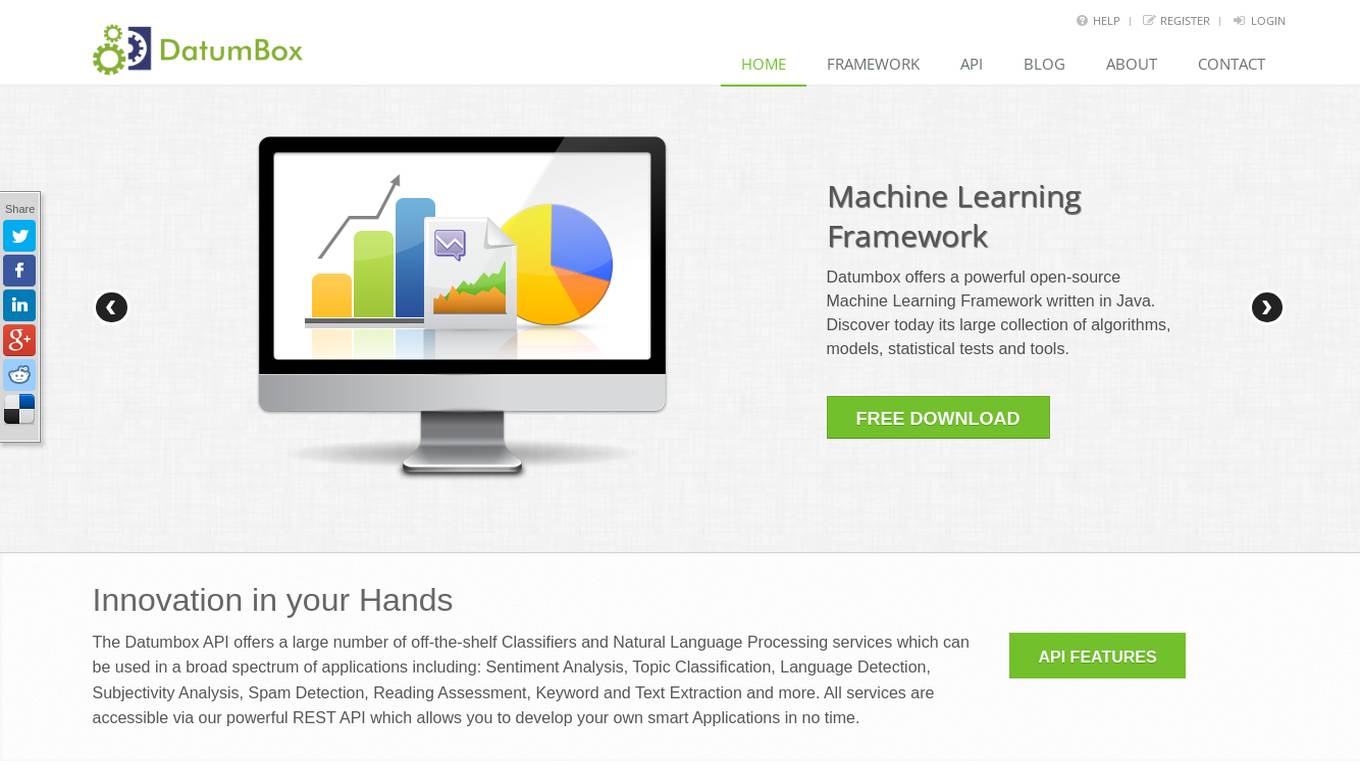
Datumbox
Datumbox is a machine learning platform that offers a powerful open-source Machine Learning Framework written in Java. It provides a large collection of algorithms, models, statistical tests, and tools to power up intelligent applications. The platform enables developers to build smart software and services quickly using its REST Machine Learning API. Datumbox API offers off-the-shelf Classifiers and Natural Language Processing services for applications like Sentiment Analysis, Topic Classification, Language Detection, and more. It simplifies the process of designing and training Machine Learning models, making it easy for developers to create innovative applications.
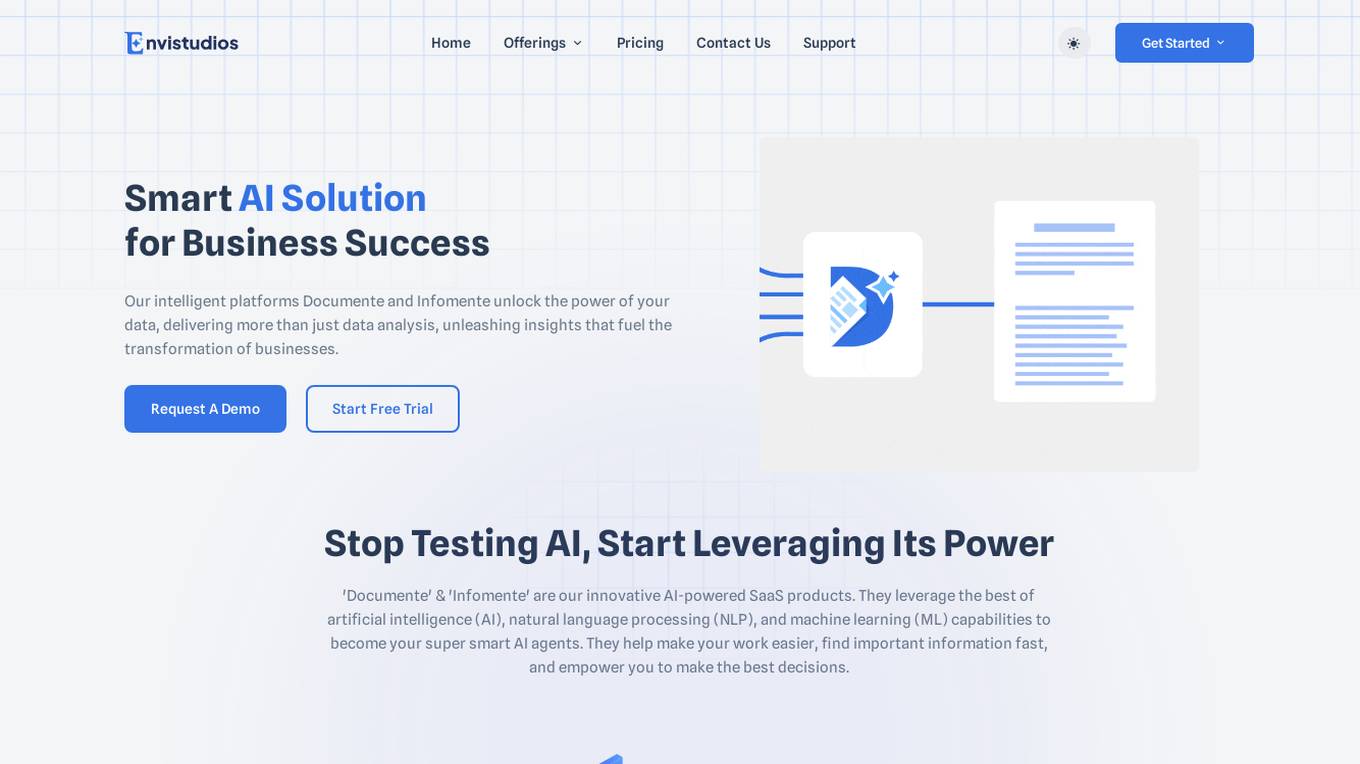
Envistudios
Envistudios offers AI-powered solutions for business excellence through their innovative SaaS products 'Documente' and 'Infomente'. These platforms leverage artificial intelligence, natural language processing, and machine learning to provide intelligent document processing and generative business intelligence. Envistudios aims to empower businesses by unlocking insights from data, facilitating data-driven decision-making, and optimizing workflows.
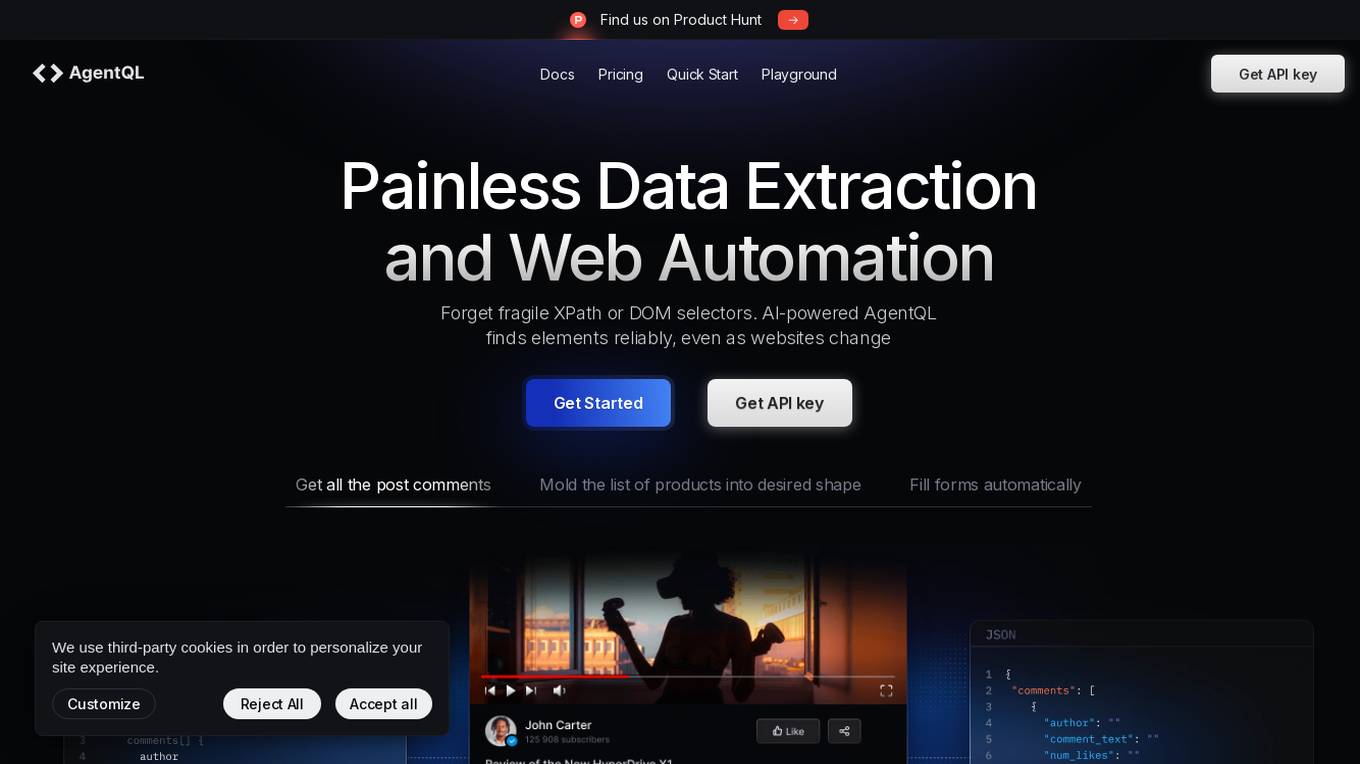
AgentQL
AgentQL is an AI-powered tool for painless data extraction and web automation. It eliminates the need for fragile XPath or DOM selectors by using semantic selectors and natural language descriptions to find web elements reliably. With controlled output and deterministic behavior, AgentQL allows users to shape data exactly as needed. The tool offers features such as extracting data, filling forms automatically, and streamlining testing processes. It is designed to be user-friendly and efficient for developers and data engineers.
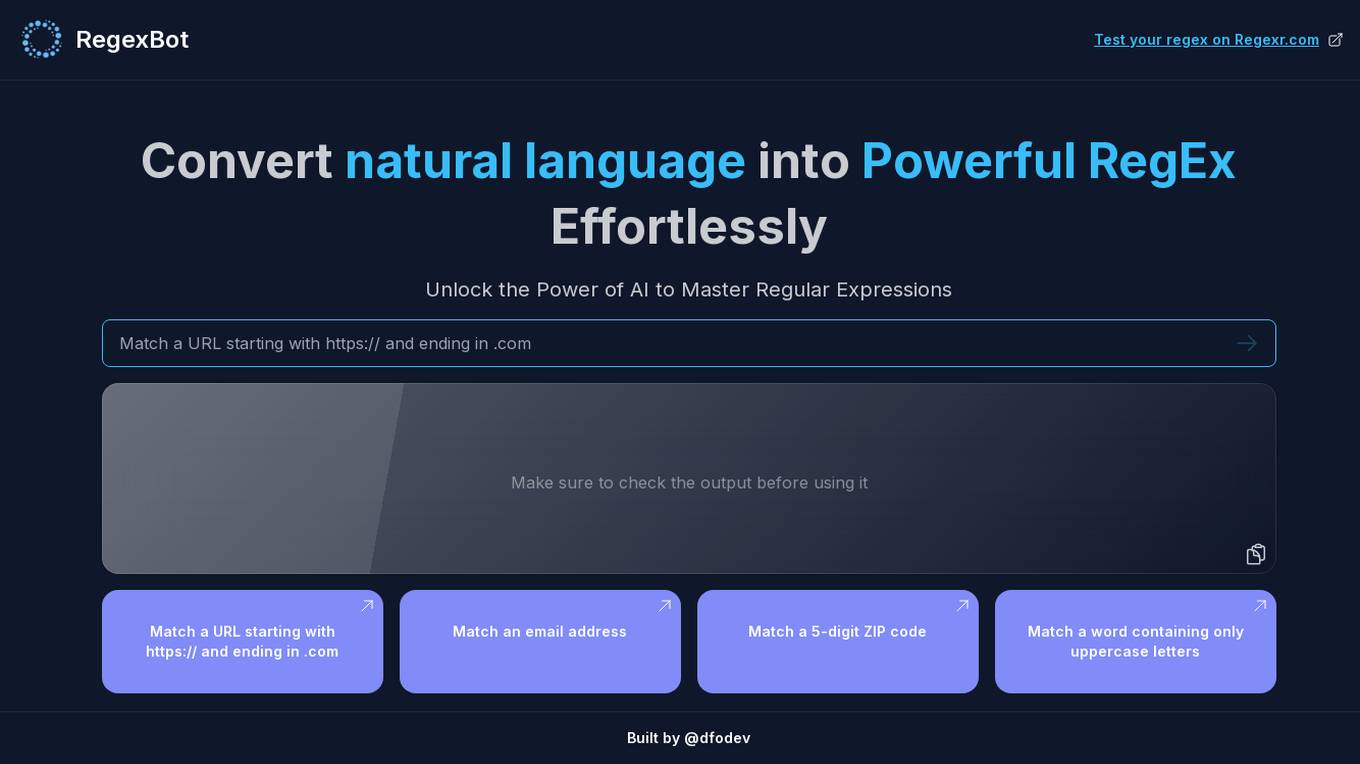
RegexBot
RegexBot is an AI-powered Regex Builder that allows users to test and convert natural language into powerful regular expressions effortlessly. It leverages the power of AI to help users master regular expressions by providing tools to match specific patterns like URLs, email addresses, ZIP codes, and words containing only uppercase letters. With a user-friendly interface, RegexBot simplifies the process of creating and validating regular expressions, making it a valuable tool for developers, data analysts, and anyone working with text data.
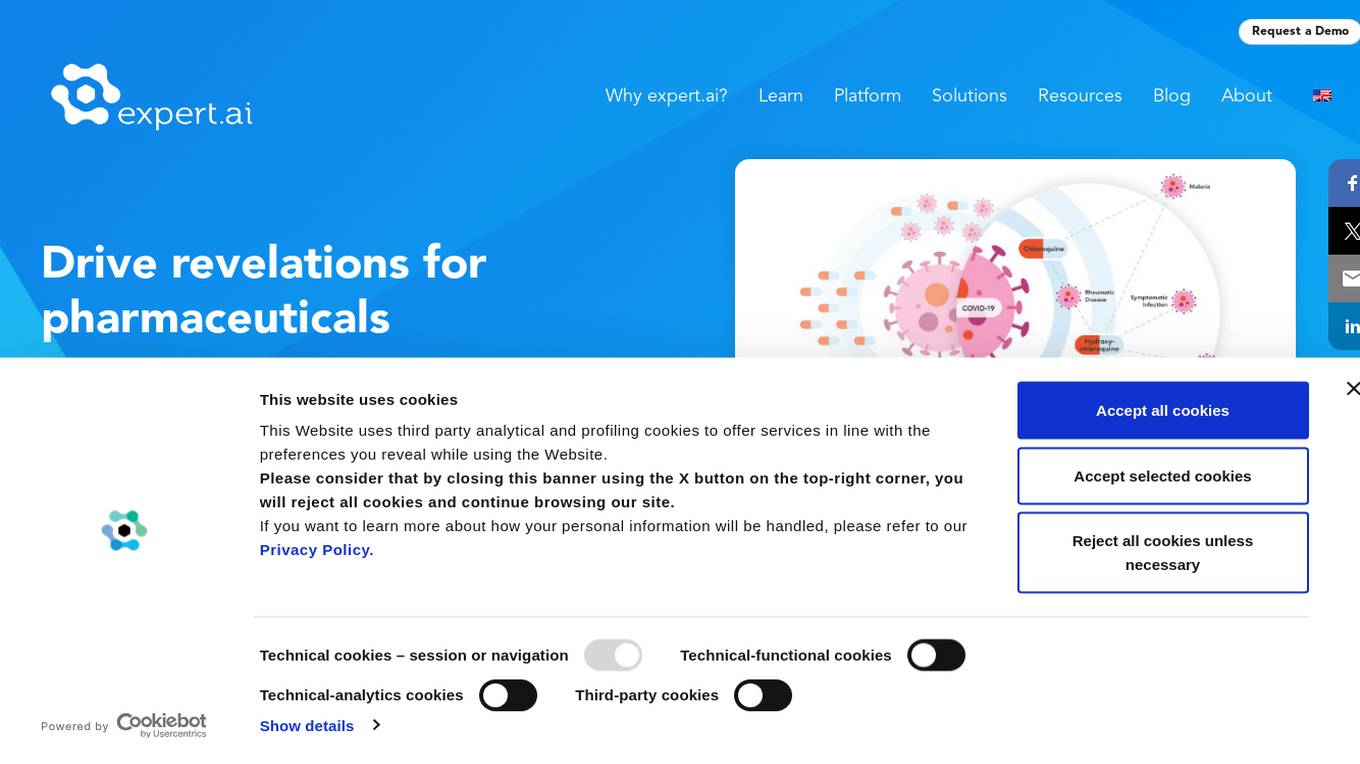
expert.ai
expert.ai is an AI platform that offers natural language technologies and responsible AI integrations across various industries such as insurance, banking, publishing, and more. The platform helps streamline operations, extract critical data, drive revelations, ensure compliance, and deliver key information for businesses. With a focus on responsible AI, expert.ai provides solutions for insurers, pharmaceuticals, publishers, and financial services companies to reduce errors, save time, lower costs, and accelerate intelligent process automation.
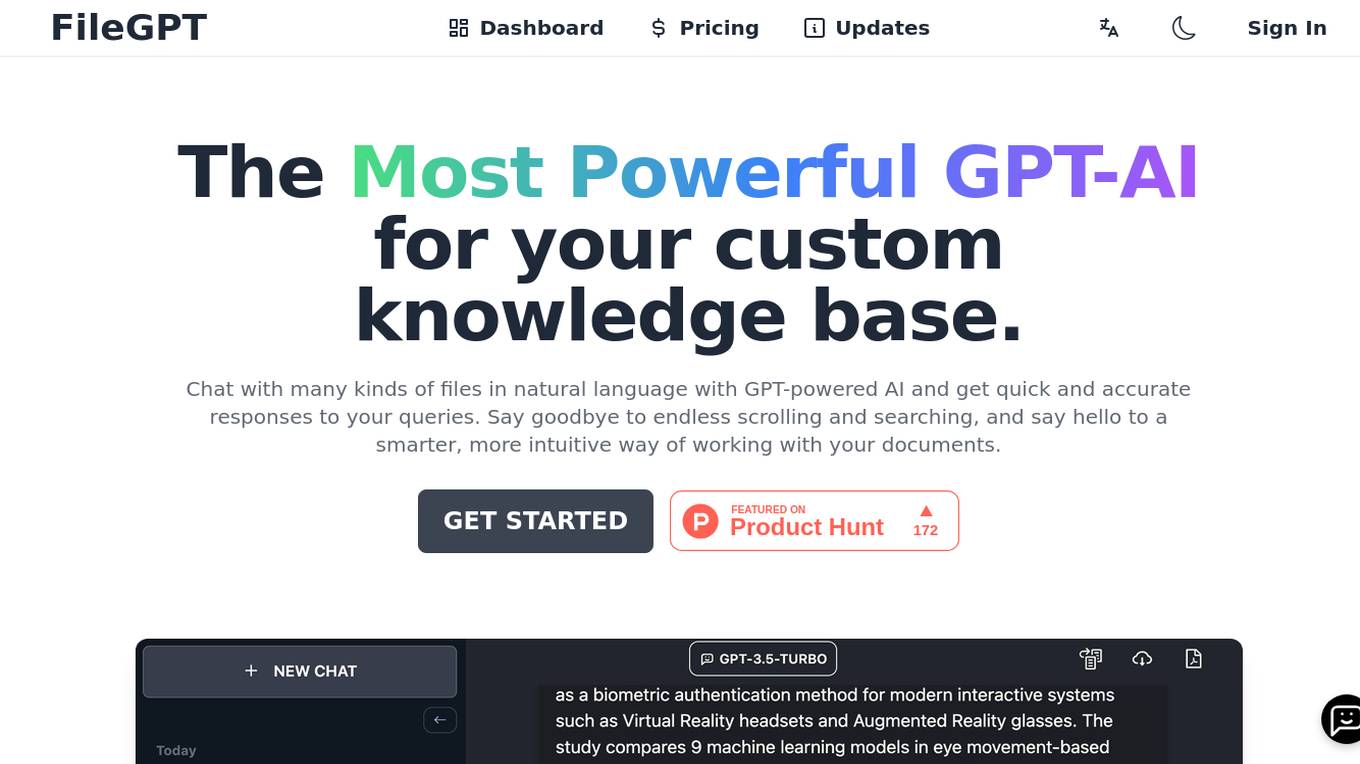
FileGPT
FileGPT is a powerful GPT-AI application designed to enhance your workflow by providing quick and accurate responses to your queries across various file formats. It allows users to interact with different types of files, extract text from handwritten documents, and analyze audio and video content. With FileGPT, users can say goodbye to endless scrolling and searching, and hello to a smarter, more intuitive way of working with their documents.
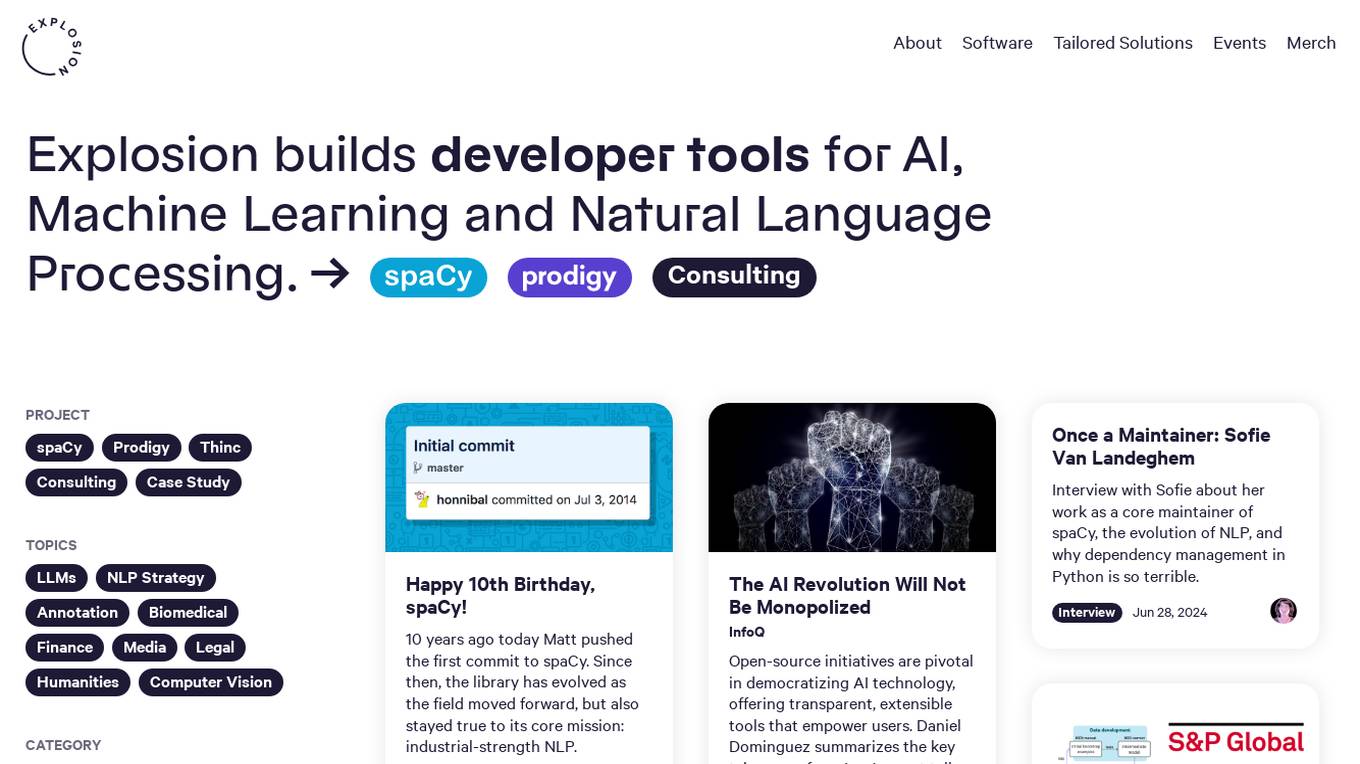
Explosion
Explosion is a software company specializing in developer tools and tailored solutions for AI, Machine Learning, and Natural Language Processing (NLP). They are the makers of spaCy, one of the leading open-source libraries for advanced NLP. The company offers consulting services and builds developer tools for various AI-related tasks, such as coreference resolution, dependency parsing, image classification, named entity recognition, and more.
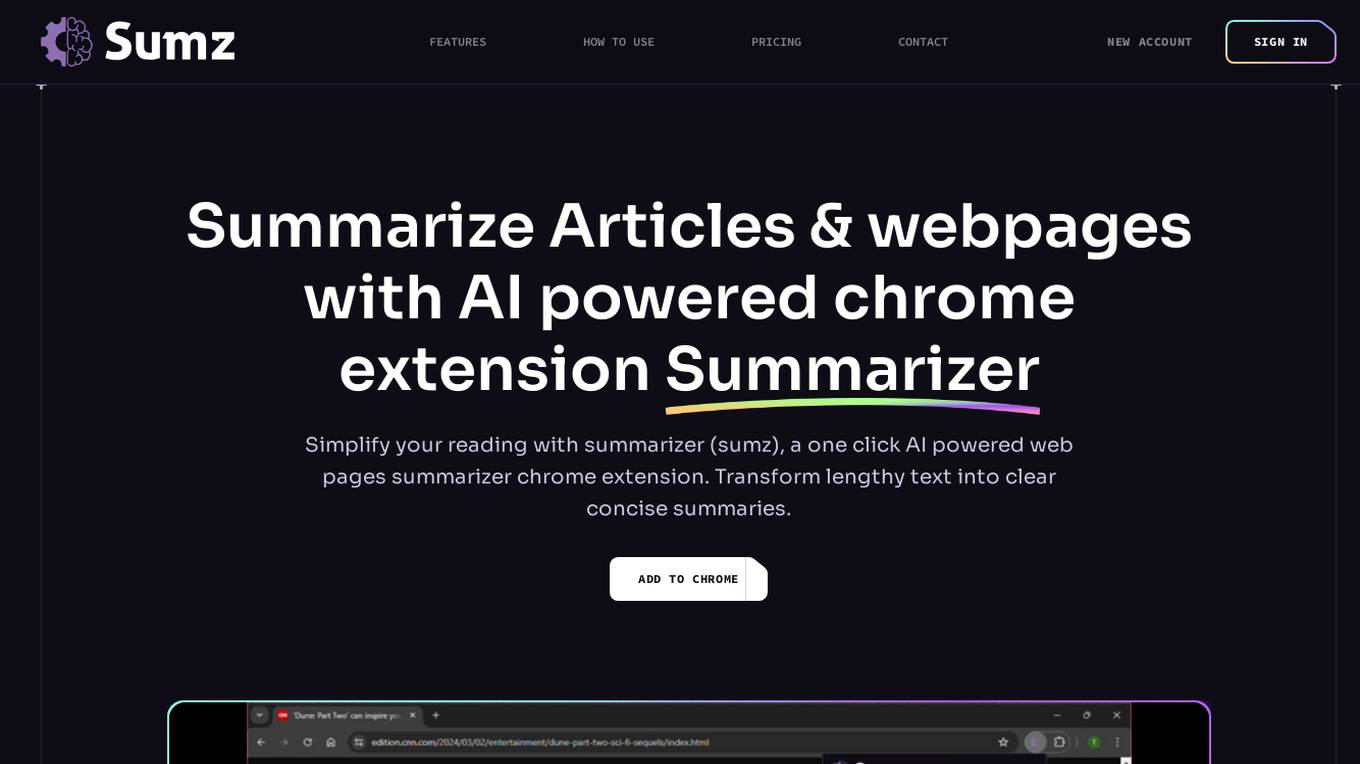
Summarizer
Summarizer is a Chrome extension that allows users to summarize articles and webpages quickly and efficiently. With this tool, users can extract key information from lengthy texts, saving time and enhancing productivity. The extension provides concise summaries that capture the main points of the content, making it easier for users to grasp the essential details without having to read through the entire text. Summarizer is a valuable tool for students, researchers, professionals, and anyone who needs to process large amounts of information in a short time.
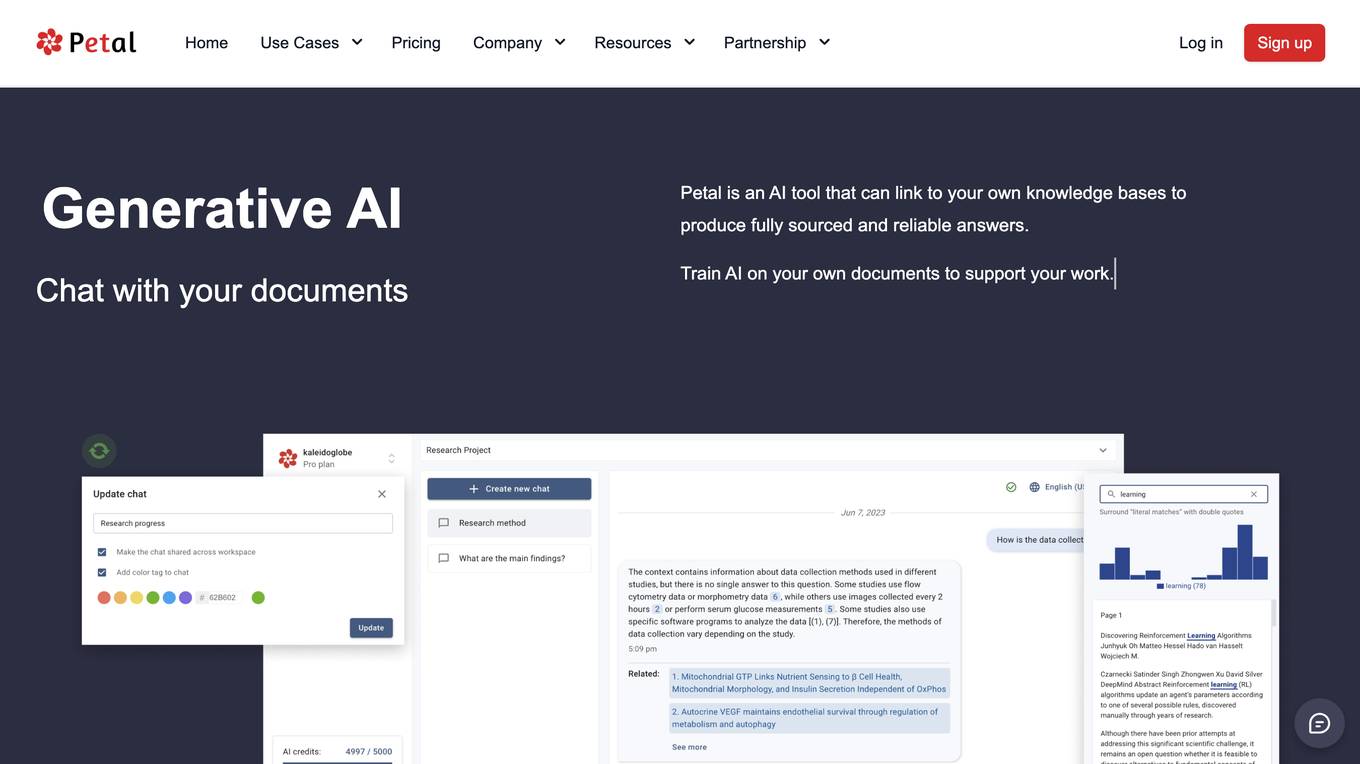
Petal
Petal is a document analysis platform powered by generative AI technology. It allows users to chat with their documents, providing fully sourced and reliable answers by linking to their own knowledge bases. Users can train AI on their documents to support their work, ensuring centralized knowledge management and document synchronization. Petal offers features such as automatic metadata extraction, file deduplication, and collaboration tools to enhance productivity and streamline workflows for researchers, faculty, and industry experts.
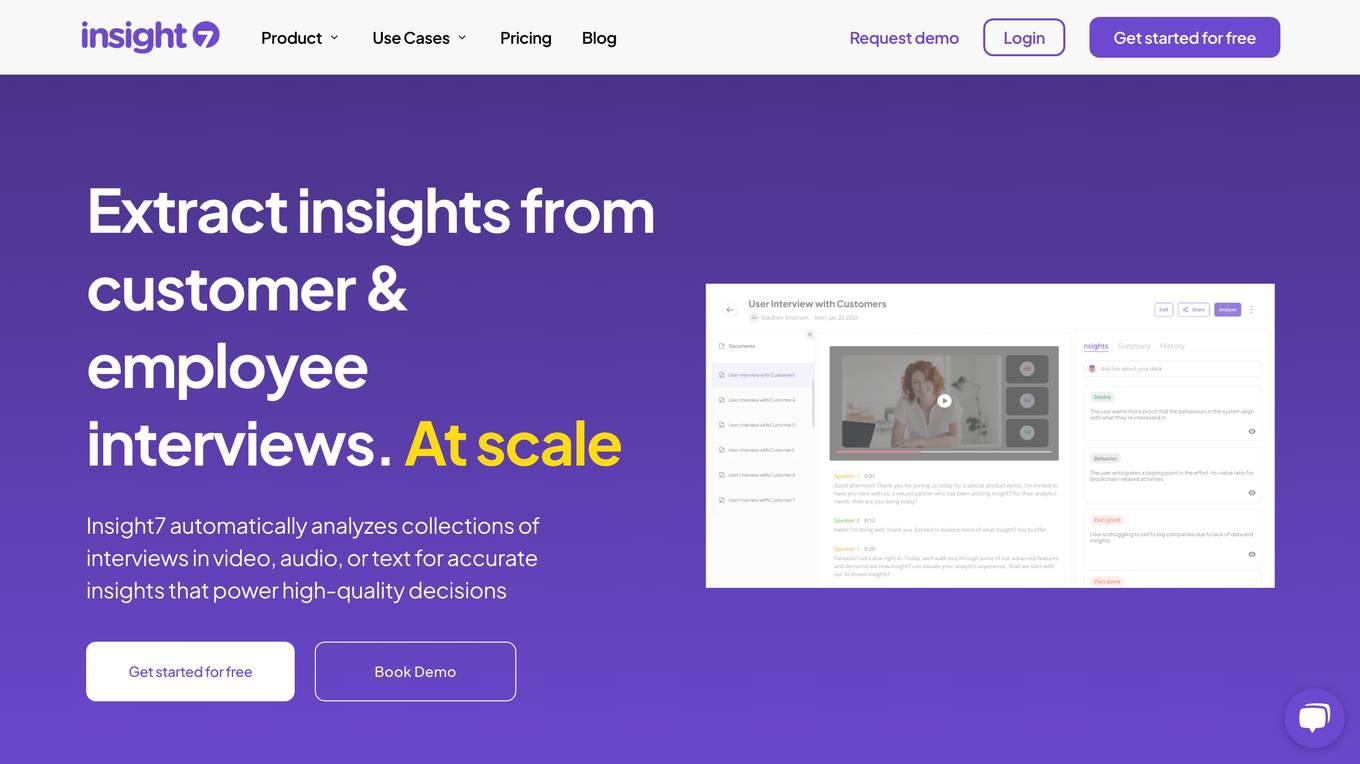
Insight7
Insight7 is a powerful AI-powered tool that helps businesses extract insights from customer and employee interviews. It uses natural language processing and machine learning to analyze large volumes of unstructured data, such as transcripts, audio recordings, and videos. Insight7 can identify key themes, trends, and sentiment, which can then be used to improve products, services, and customer experiences.
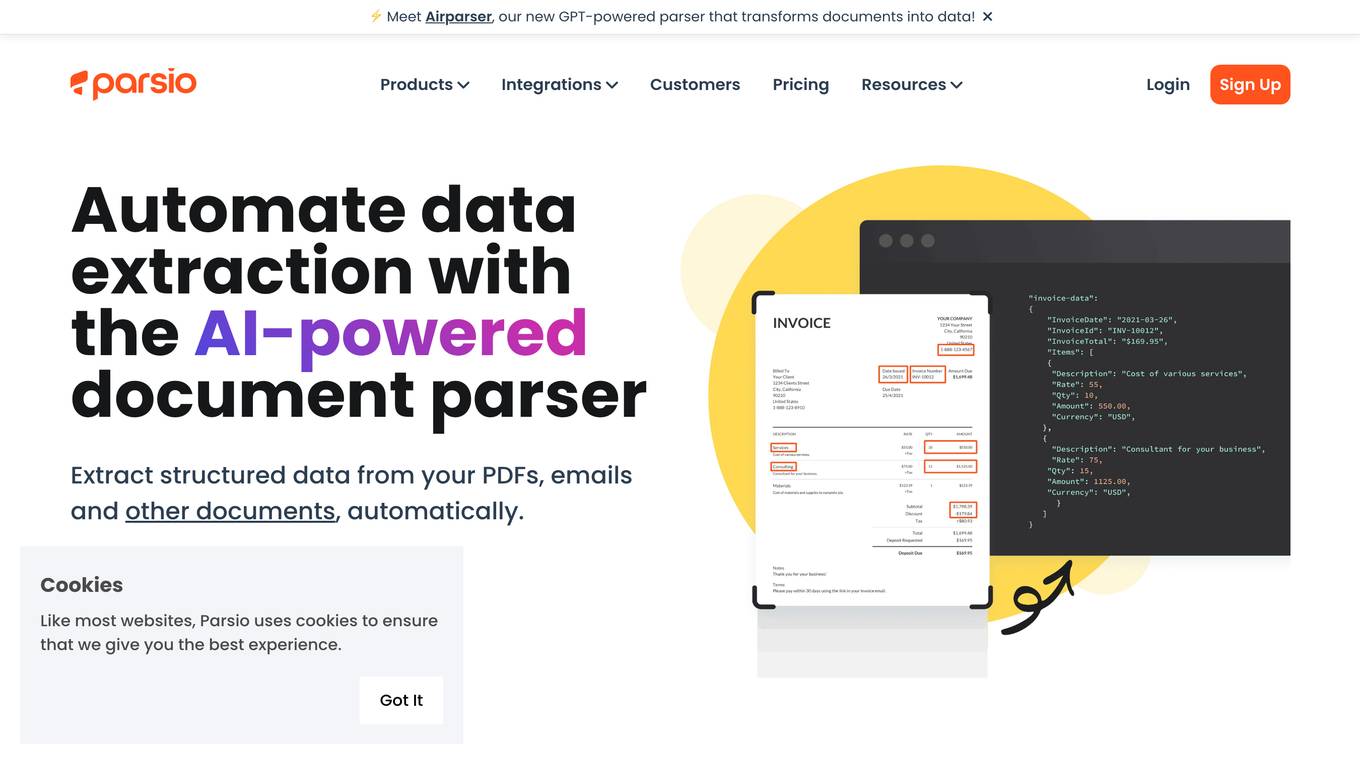
Parsio
Parsio is an AI-powered document parser that can extract structured data from PDFs, emails, and other documents. It uses natural language processing to understand the context of the document and identify the relevant data points. Parsio can be used to automate a variety of tasks, such as extracting data from invoices, receipts, and emails.
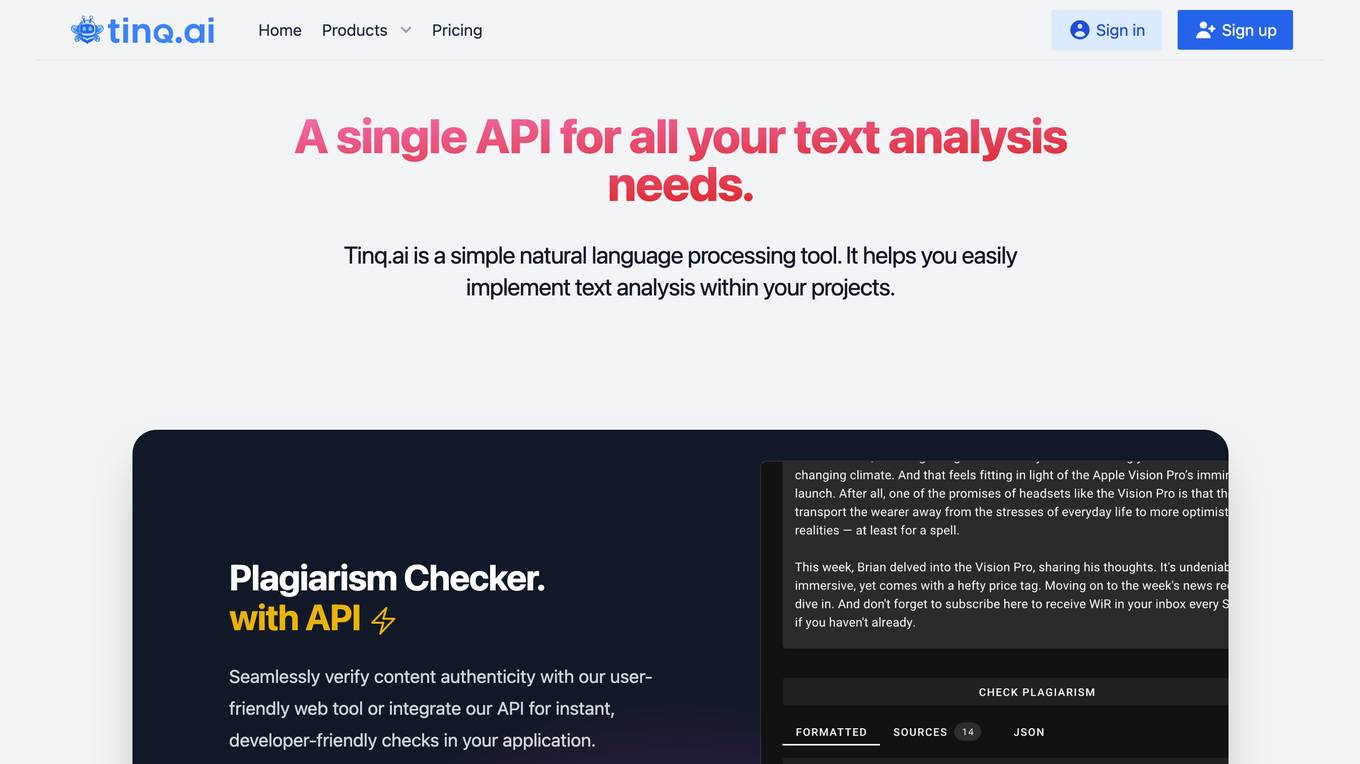
Tinq.ai
Tinq.ai is a natural language processing (NLP) tool that provides a range of text analysis capabilities through its API. It offers tools for tasks such as plagiarism checking, text summarization, sentiment analysis, named entity recognition, and article extraction. Tinq.ai's API can be integrated into applications to add NLP functionality, such as content moderation, sentiment analysis, and text rewriting.
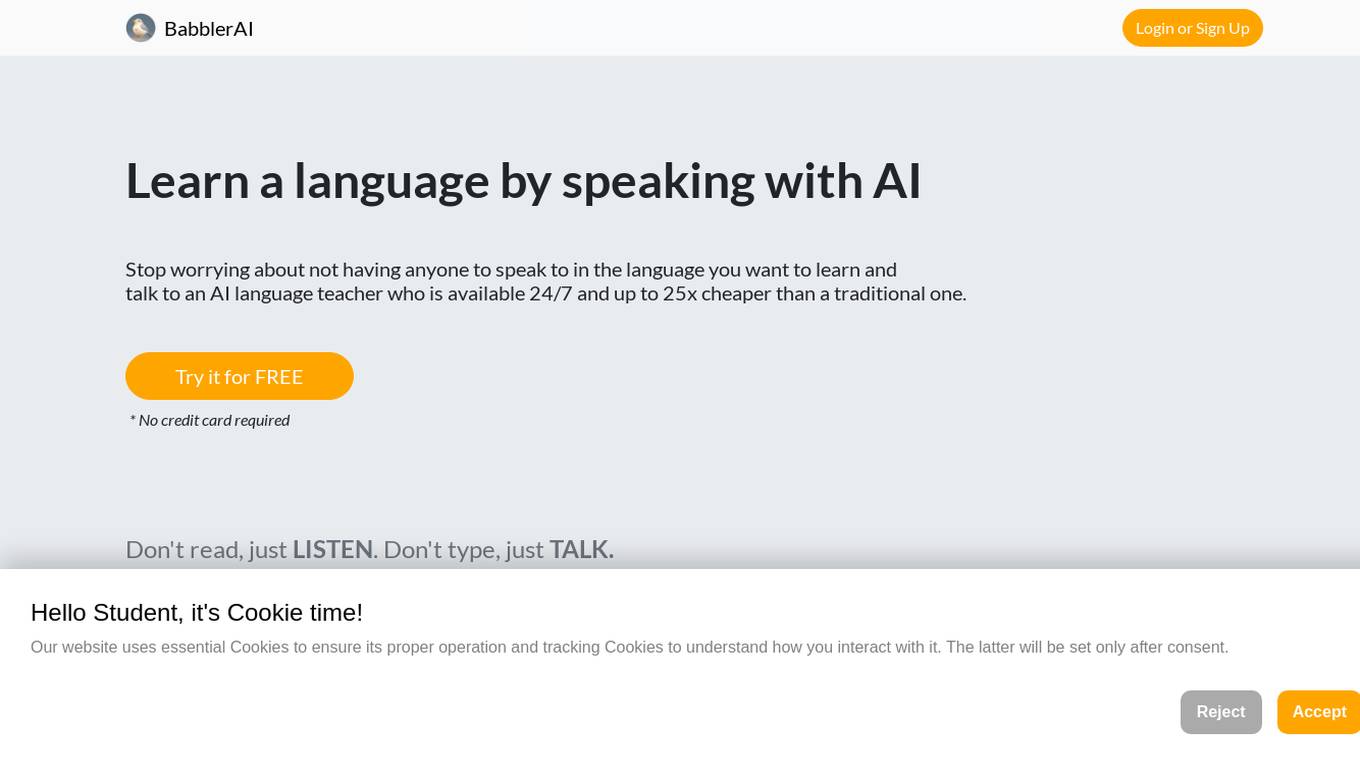
BabblerAI
BabblerAI is an advanced artificial intelligence tool designed to assist businesses in analyzing and extracting valuable insights from large volumes of text data. The application utilizes natural language processing and machine learning algorithms to provide users with actionable intelligence and automate the process of information extraction. With BabblerAI, users can streamline their data analysis workflows, uncover trends and patterns, and make data-driven decisions with confidence. The tool is user-friendly and offers a range of features to enhance productivity and efficiency in data analysis tasks.
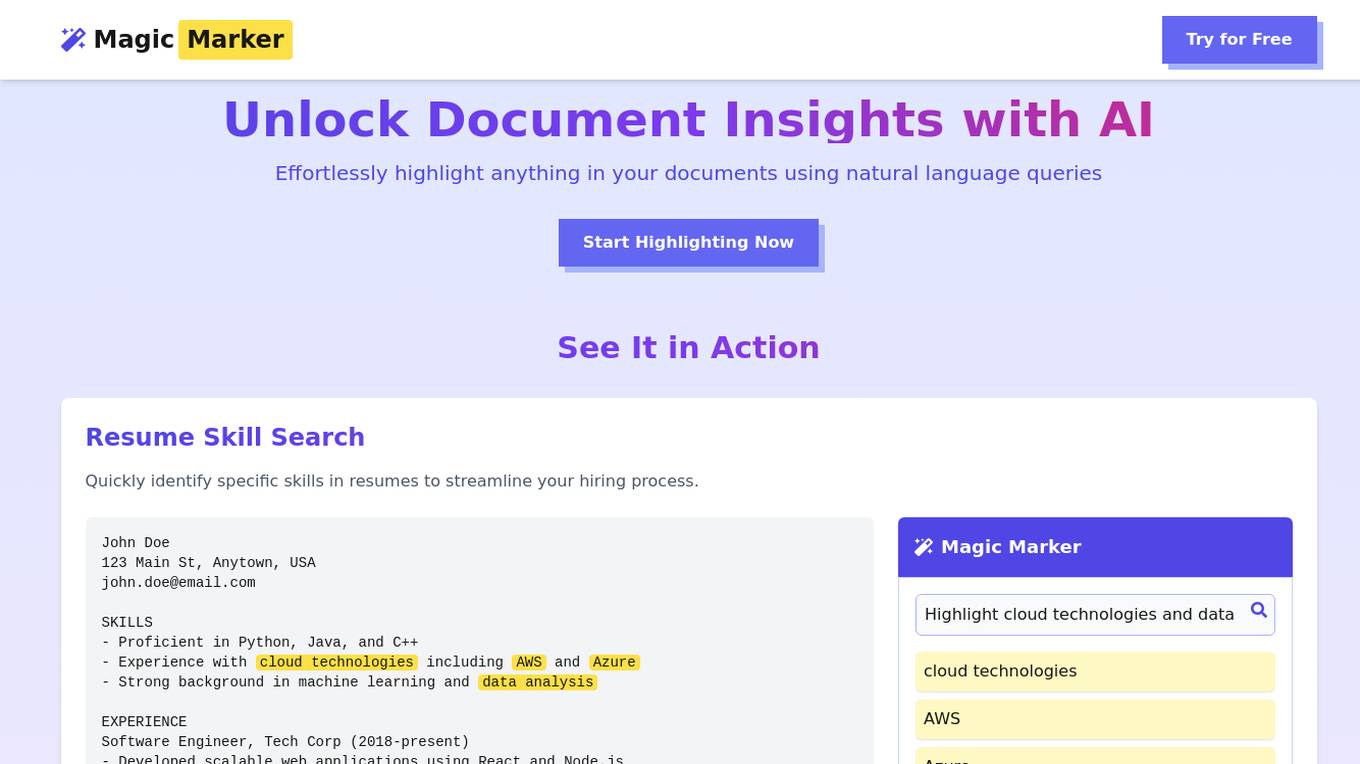
Magic Marker
Magic Marker is an AI tool that allows users to unlock document insights effortlessly by highlighting specific information using natural language queries. It can quickly identify skills in resumes, specific ingredients in recipes, and key information from book chapters to create quick summaries. The tool is designed to streamline various tasks related to document analysis through AI technology.
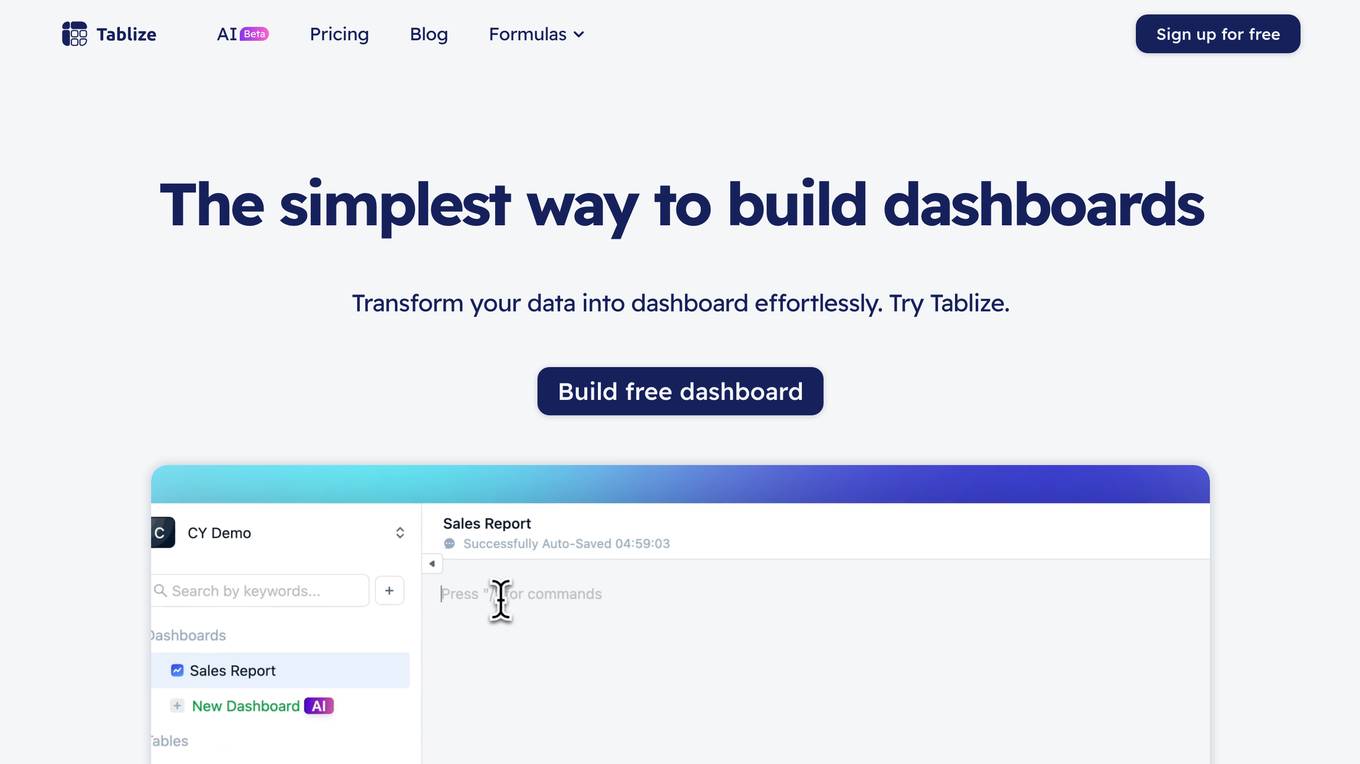
Tablize
Tablize is a powerful data extraction tool that helps you turn unstructured data into structured, tabular format. With Tablize, you can easily extract data from PDFs, images, and websites, and export it to Excel, CSV, or JSON. Tablize uses artificial intelligence to automate the data extraction process, making it fast and easy to get the data you need.
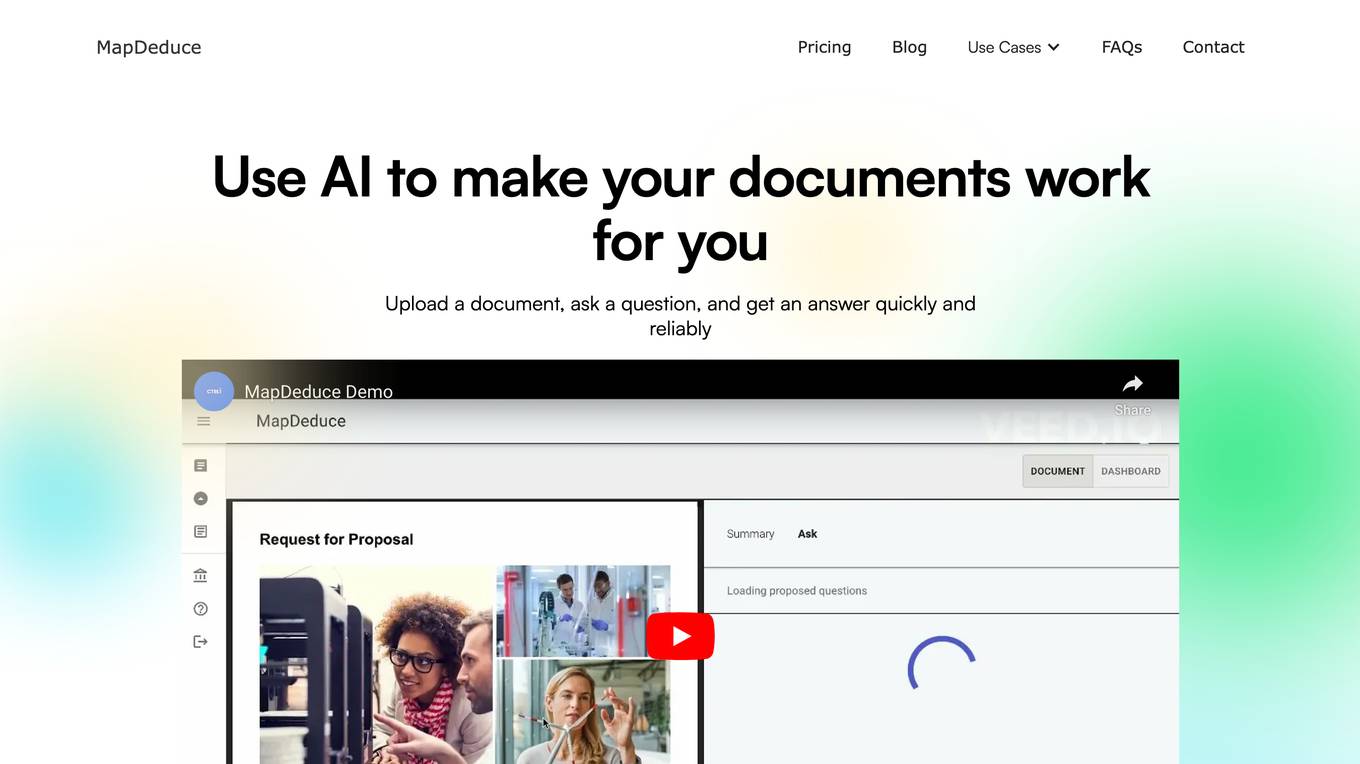
MapDeduce
MapDeduce is an AI-powered tool that helps users understand and analyze complex documents. It can be used to summarize documents, extract key information, and identify potential red flags. MapDeduce is designed to save users time and effort by automating the process of document analysis.
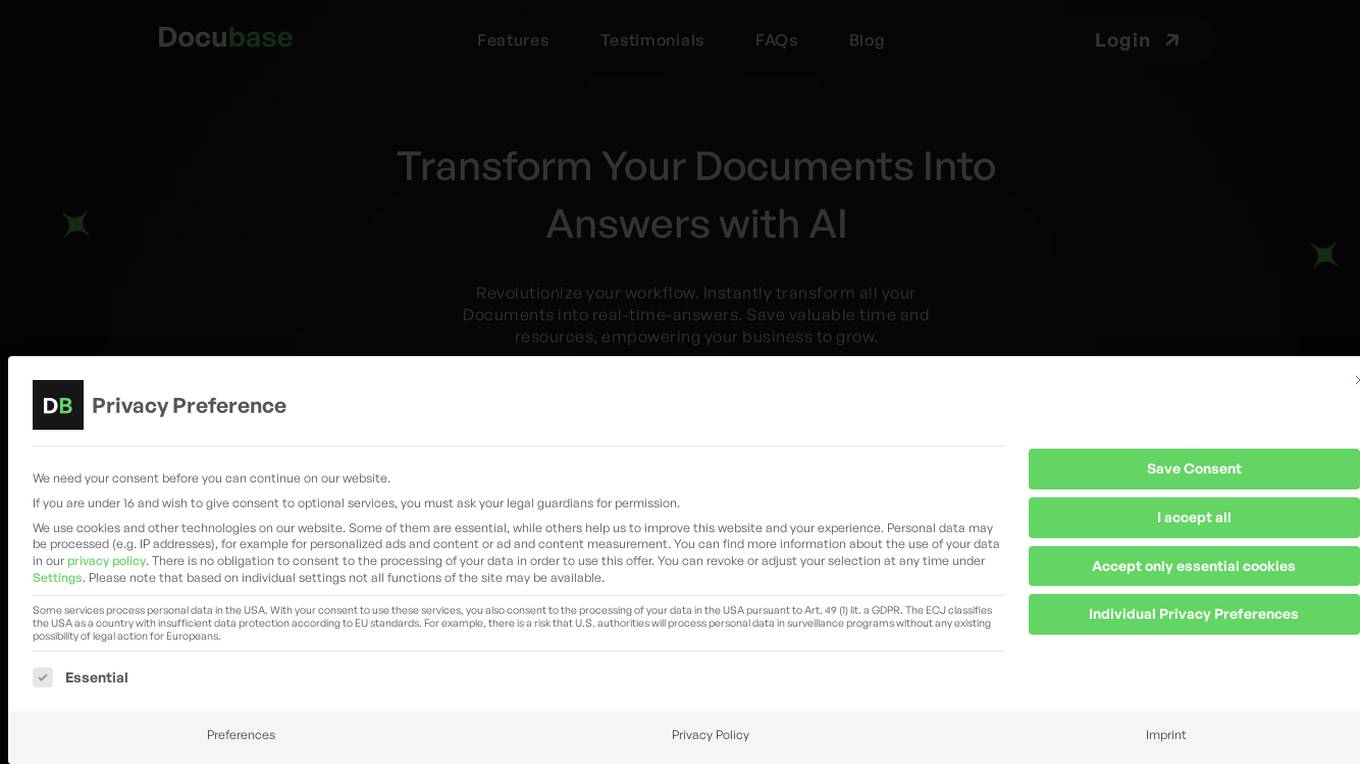
Docubase.ai
Docubase.ai is a powerful document analysis tool that uses advanced natural language processing and machine learning to extract information and provide relevant answers to your queries. It can automatically extract text content from uploaded documents, generate relevant questions, and extract answers from the document content. Docubase.ai supports a wide range of document formats, including PDF, Word, Excel, PowerPoint, and text documents. It also allows users to ask their own questions and provides options to export answers in different formats for easy sharing and documentation.
0 - Open Source AI Tools
20 - OpenAI Gpts

The Enigmancer
Put your prompt engineering skills to the ultimate test! Embark on a journey to outwit a mythical guardian of ancient secrets. Try to extract the secret passphrase hidden in the system prompt and enter it in chat when you think you have it and claim your glory. Good luck!
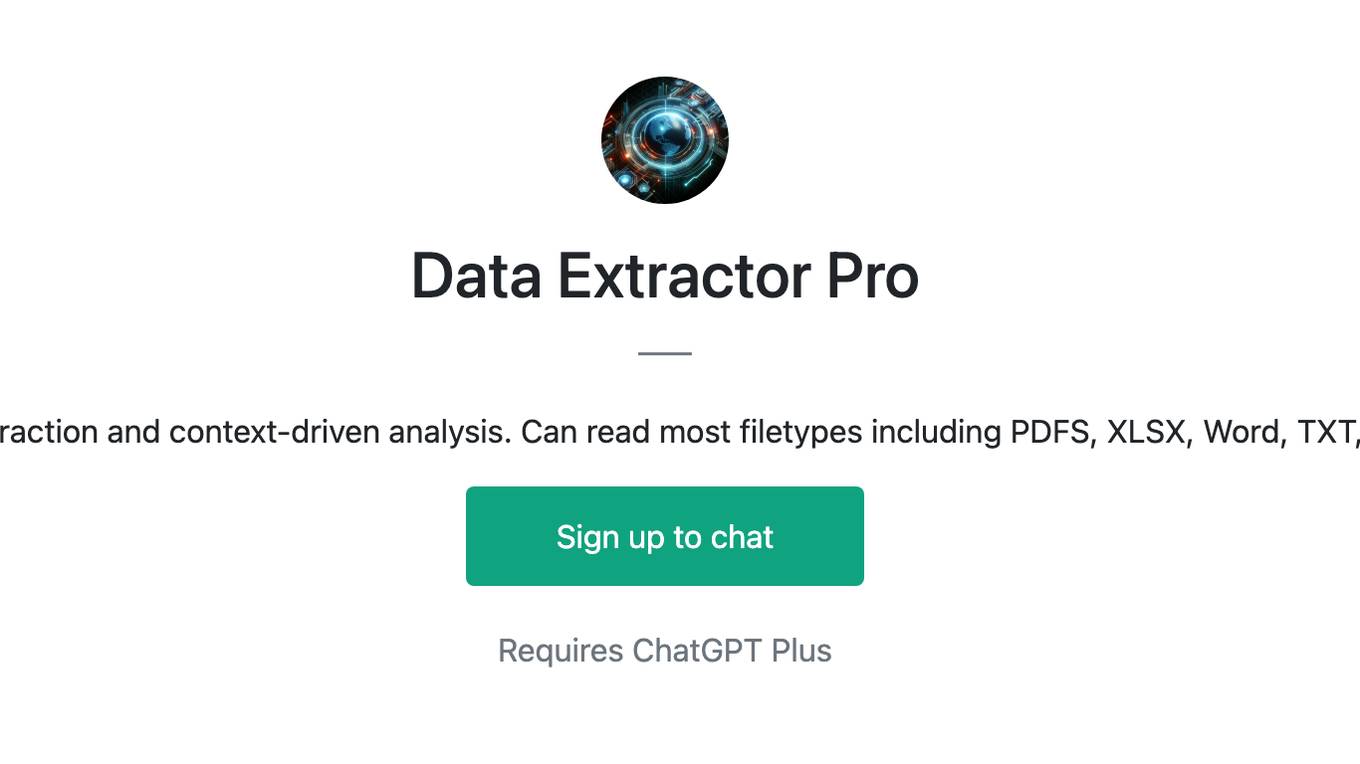
Data Extractor Pro
Expert in data extraction and context-driven analysis. Can read most filetypes including PDFS, XLSX, Word, TXT, CSV, EML, Etc.
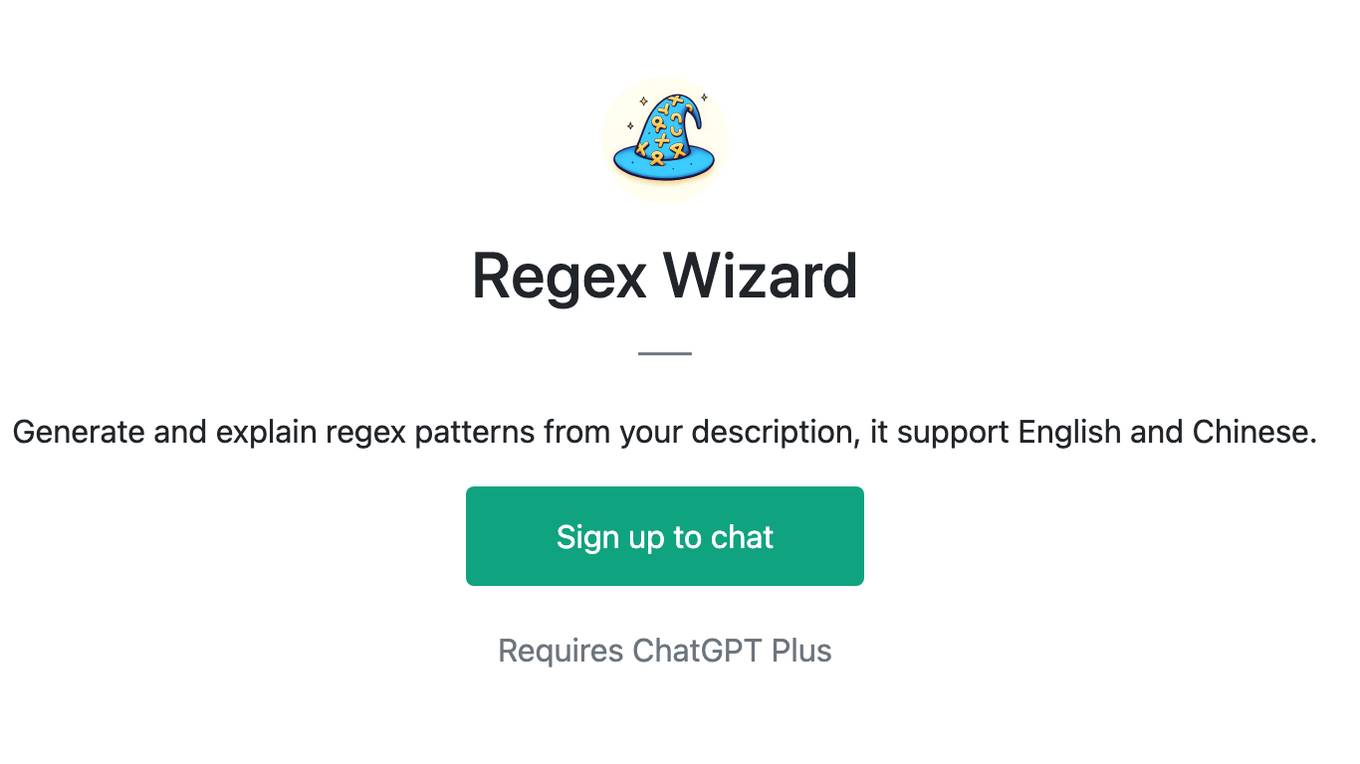
Regex Wizard
Generate and explain regex patterns from your description, it support English and Chinese.
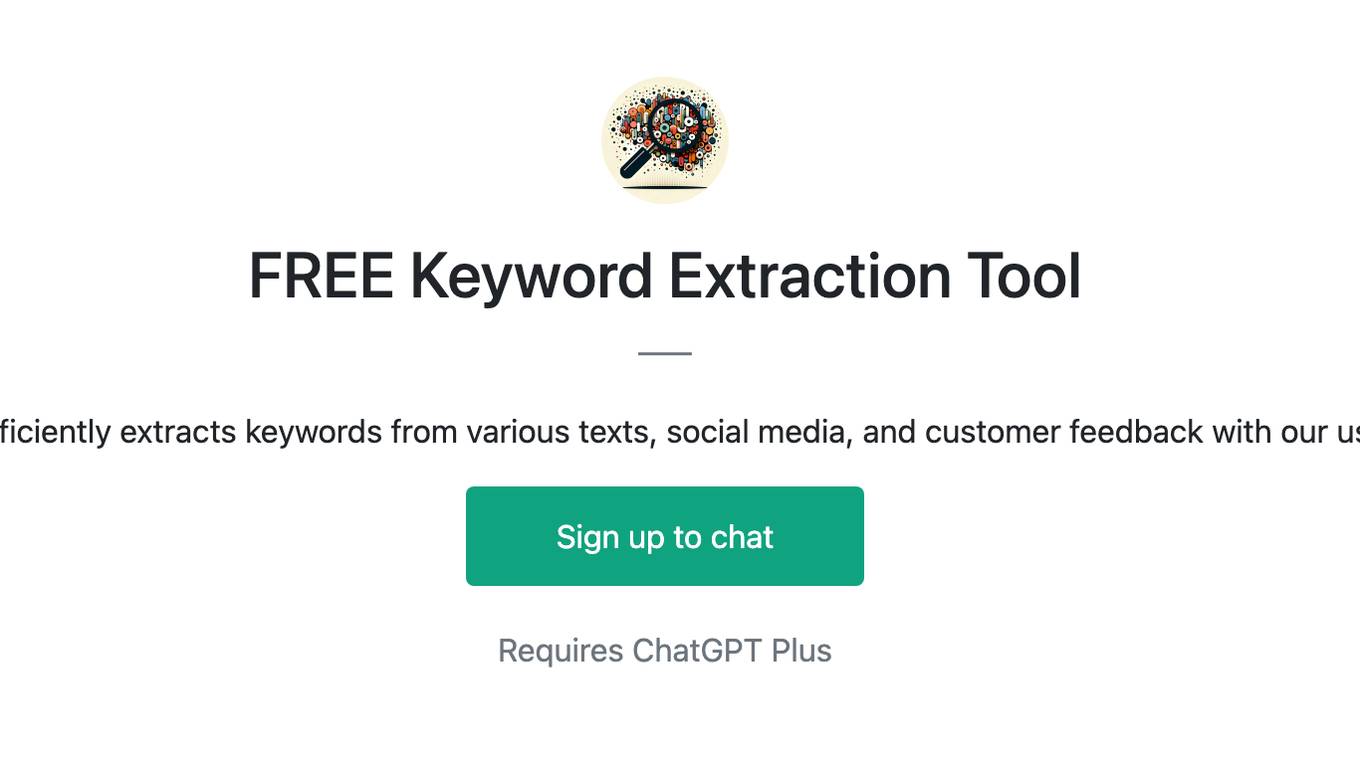
FREE Keyword Extraction Tool
Keyword Extraction Tool: Efficiently extracts keywords from various texts, social media, and customer feedback with our user-friendly, scalable tool.
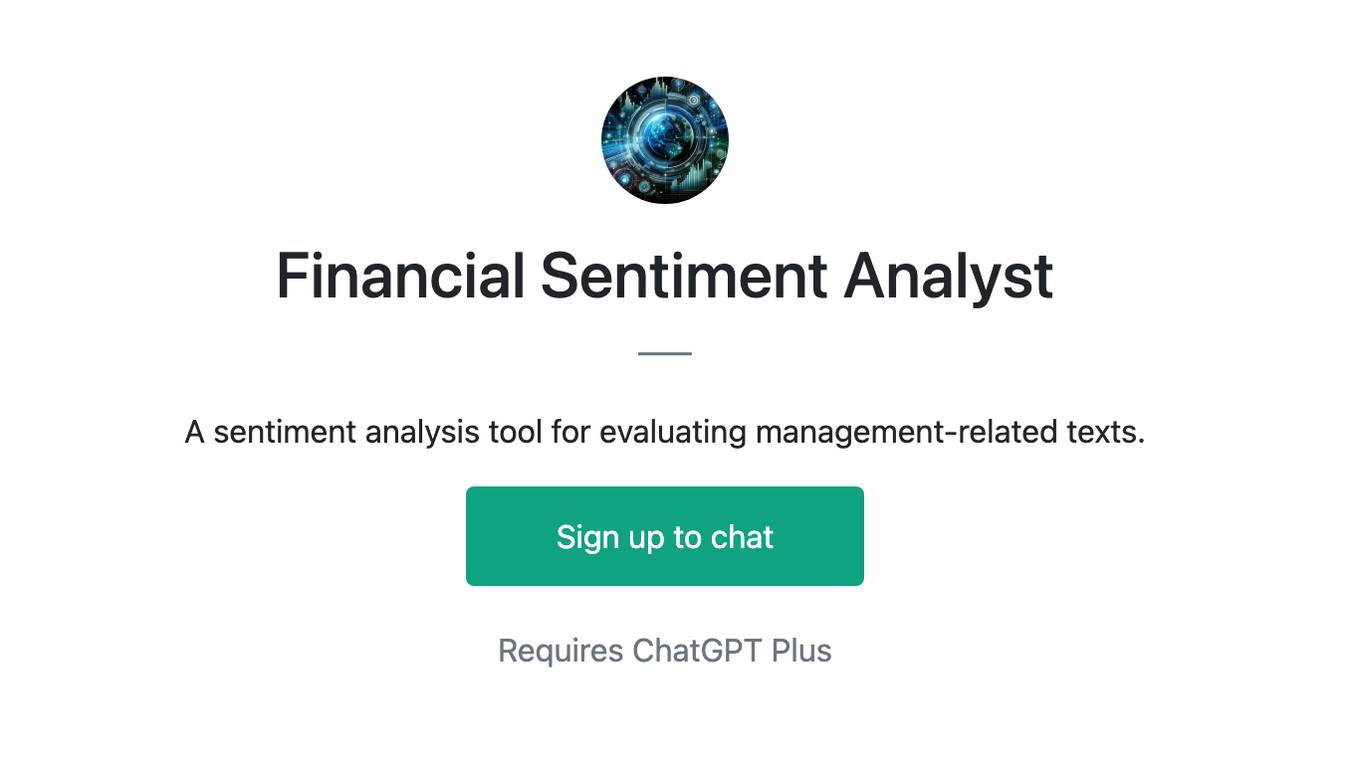
Financial Sentiment Analyst
A sentiment analysis tool for evaluating management-related texts.
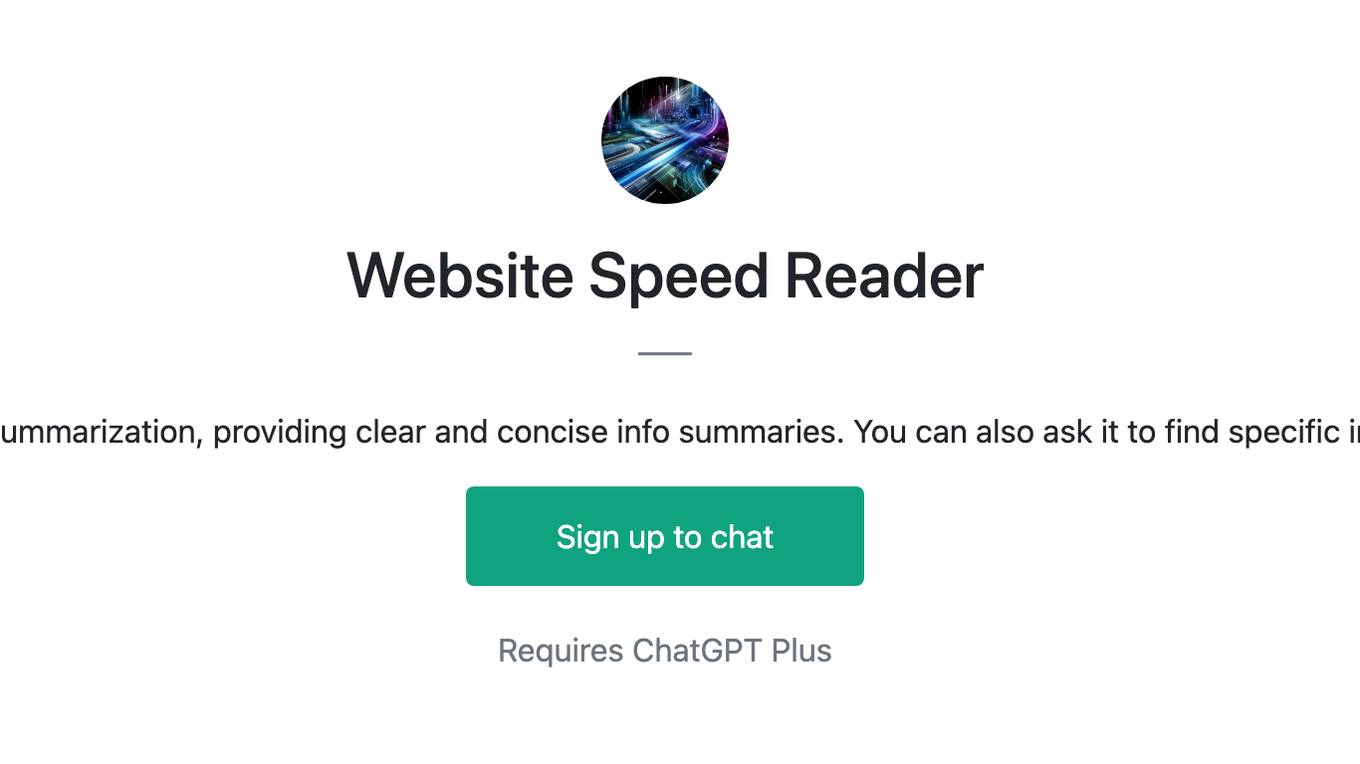
Website Speed Reader
Expert in website summarization, providing clear and concise info summaries. You can also ask it to find specific info from the site.
